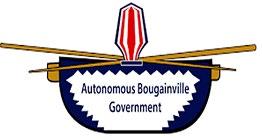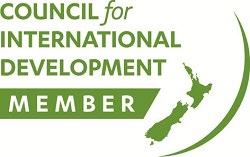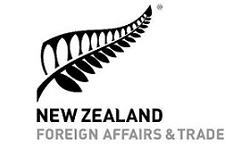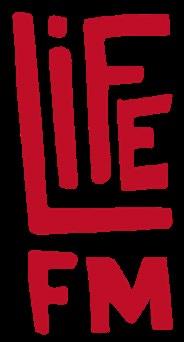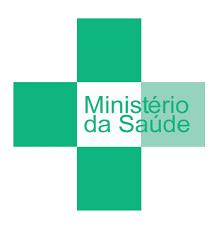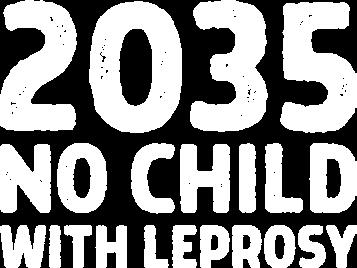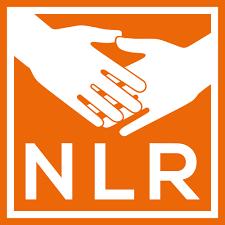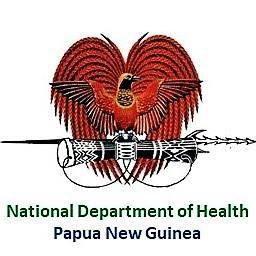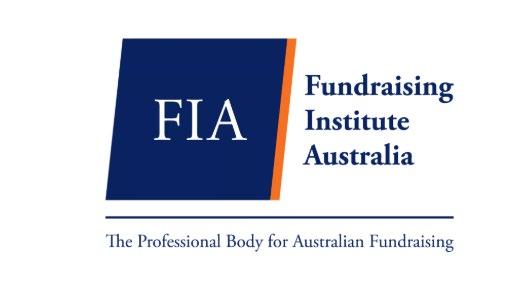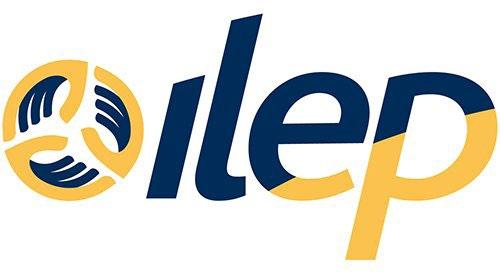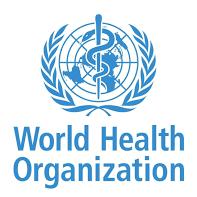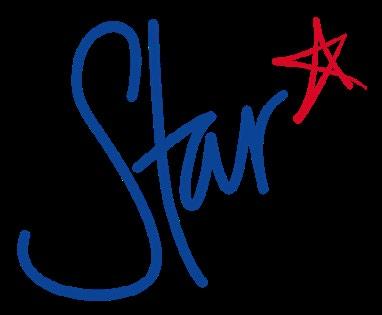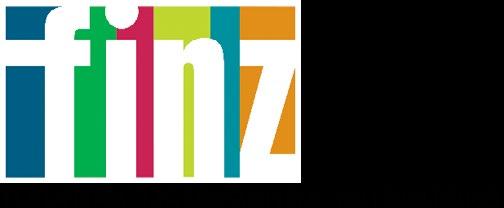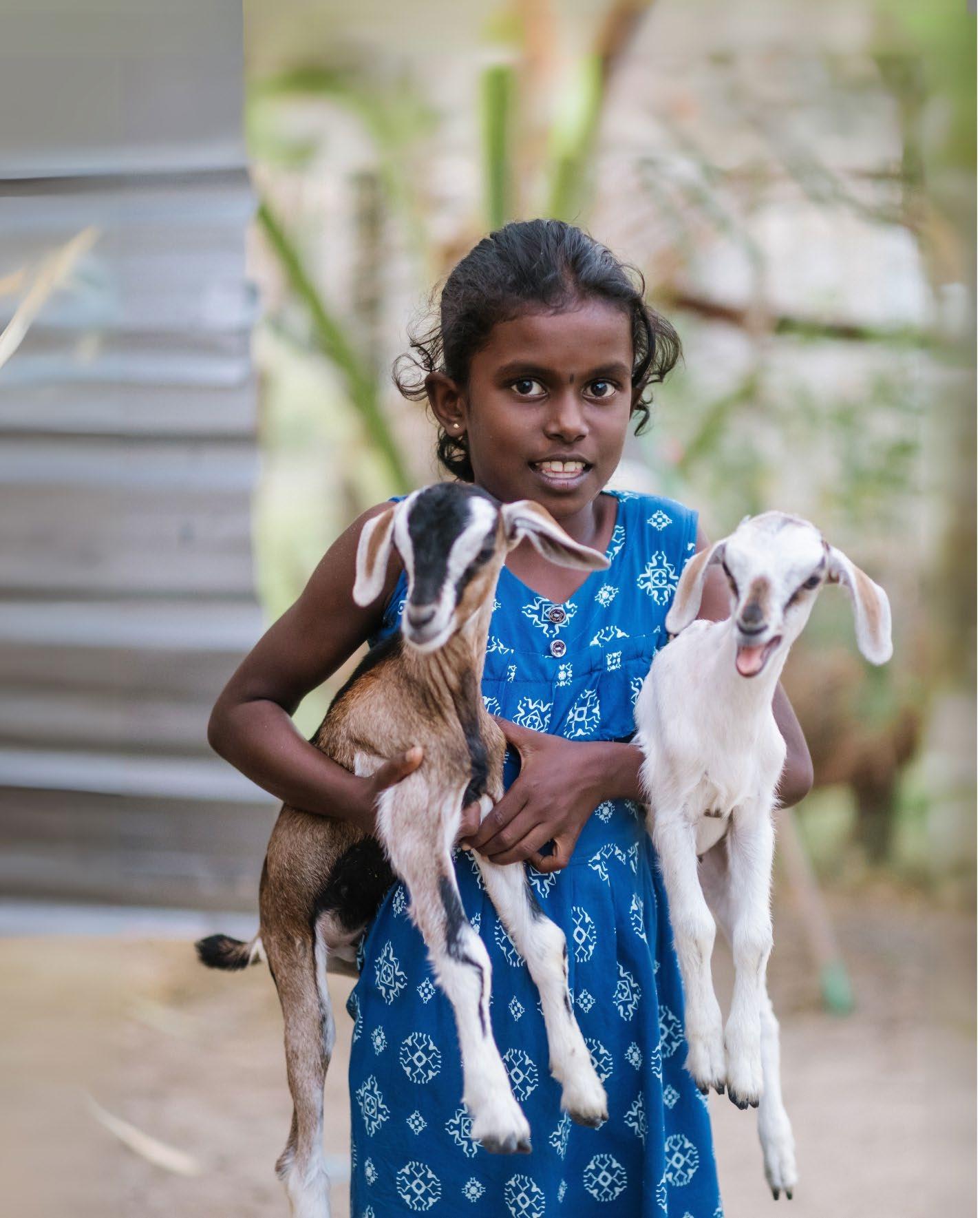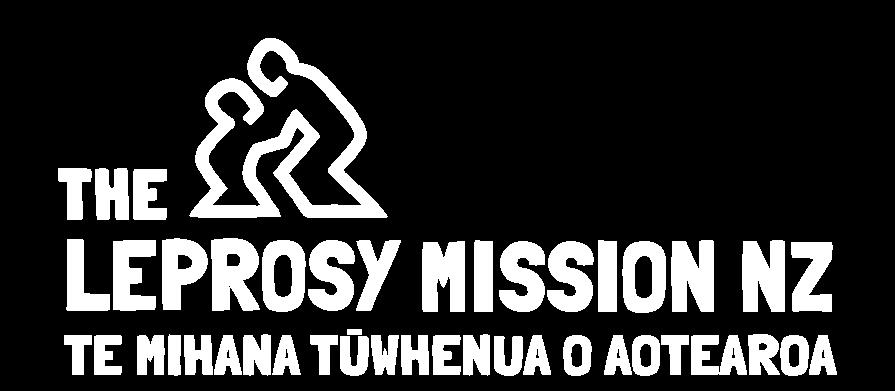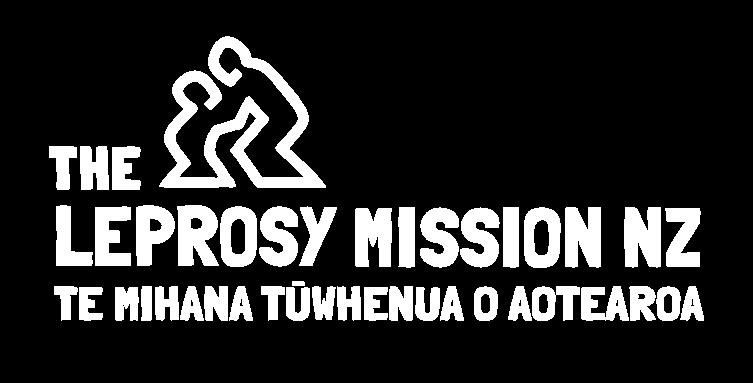
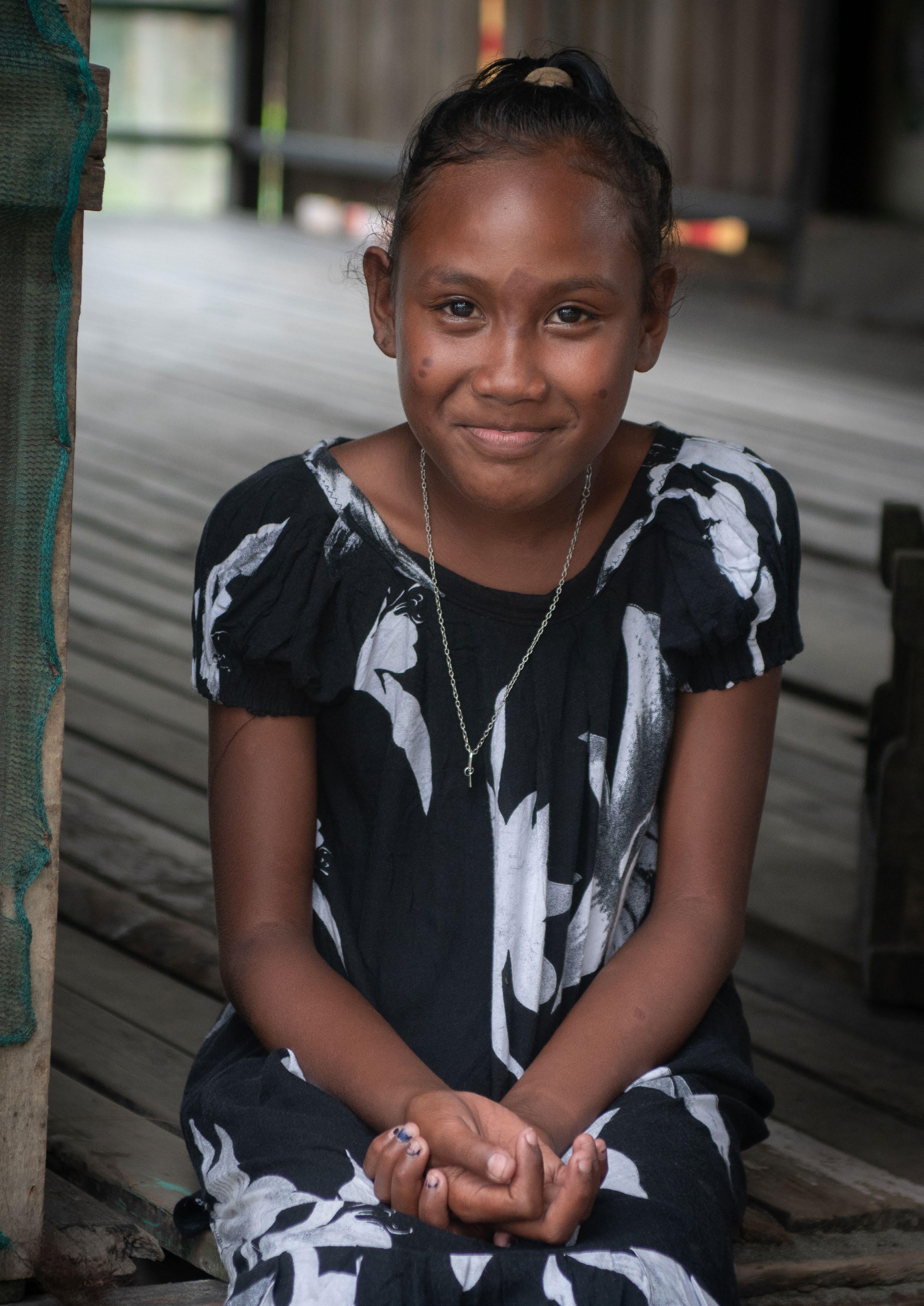



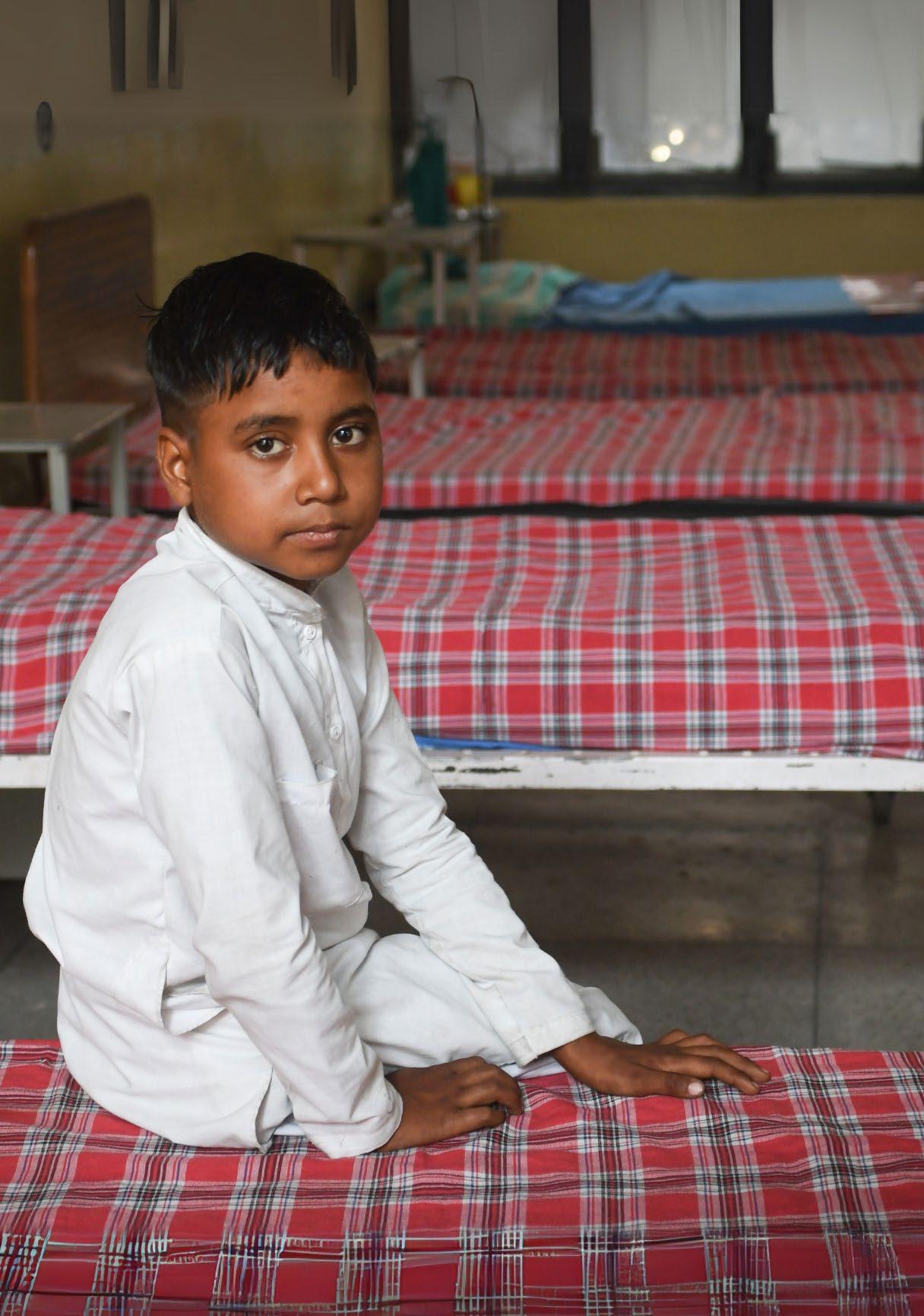
Leprosy Defeated, Lives Transformed.
Following Jesus Christ, The Leprosy Mission seeks to bring about transformation; breaking the chains of leprosy, empowering people to attain healing, dignity and life in all its fullness.
Because we follow Jesus Christ, we value Compassion, Justice, Integrity, Inclusion and Humility.
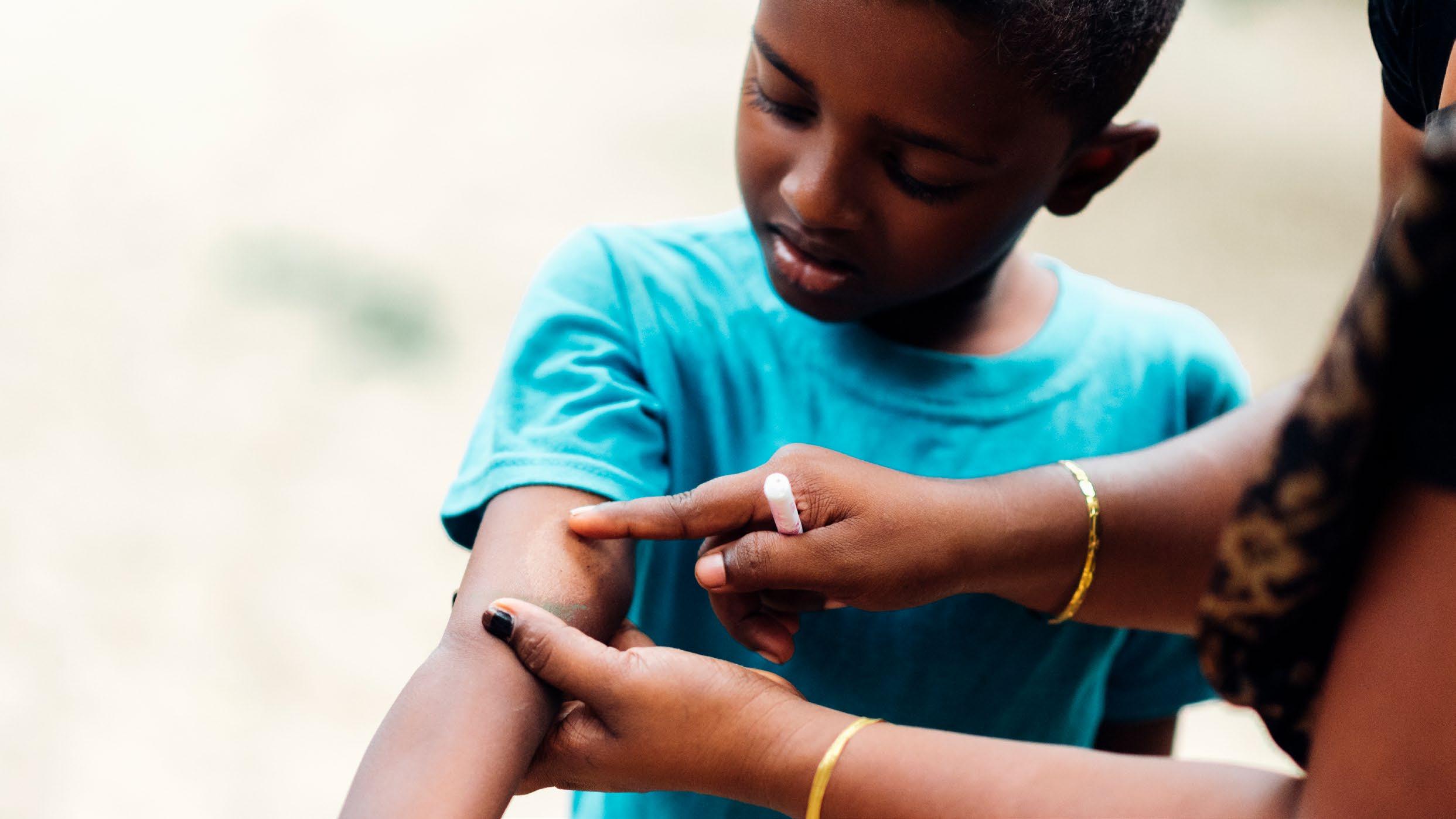
Leprosy is a disease caused by the bacteria Mycobacterium leprae and Mycobacterium lepromatosis. It is mildly infectious, believed to be transmitted predominantly by droplet infection after being in close proximity with infected individuals for prolonged periods.
The disease does not discriminate between race, age, gender, or nationality. However, it remains most prevalent in the poorest and most marginalised communities in the world where there is high population density, poor nutrition and poor housing.
Fearing stigma and rejection, many people hide the early signs of leprosy rather than seeking medical attention.
Untreated leprosy is the cause of lifechanging disability and severe physical suffering for many hundreds of thousands of people worldwide. The disease damages the skin and nerves which can lead to the inability to feel pain. This often results in injury and chronic ulceration, sometimes forcing amputation. Furthermore, leprosy damages the nerves in the face, causing blindness due to people’s inability to blink.
Contrary to popular belief, leprosy remains a prominent global health issue in the 21st century. Recognised as an official Neglected Tropical Disease (NTD) by the
World Health Organization (WHO), 182 815 new cases were recorded in 2023 in 184 countries, of which 72 845 (39.8%) were among females and 10 322 (5.6%) were among children.
Leprosy has been curable with MultiDrug Therapy (MDT) since the early 1980s. MDT (a 6-to-12-month course of three antibiotics) has been administered to over 16 million people affected by leprosy since its introduction. However, millions still live with irreversible impairment and disability. Unsurprisingly, ostracisation and physical impairment are often accompanied by the declining mental health of people affected by leprosy.
It is tragic that a treatable illness can continue to cause such devastation in the modern world. With your support, The Leprosy Mission believes that leprosy, and all the suffering it brings, can be defeated and confined to the history books within our lifetime.
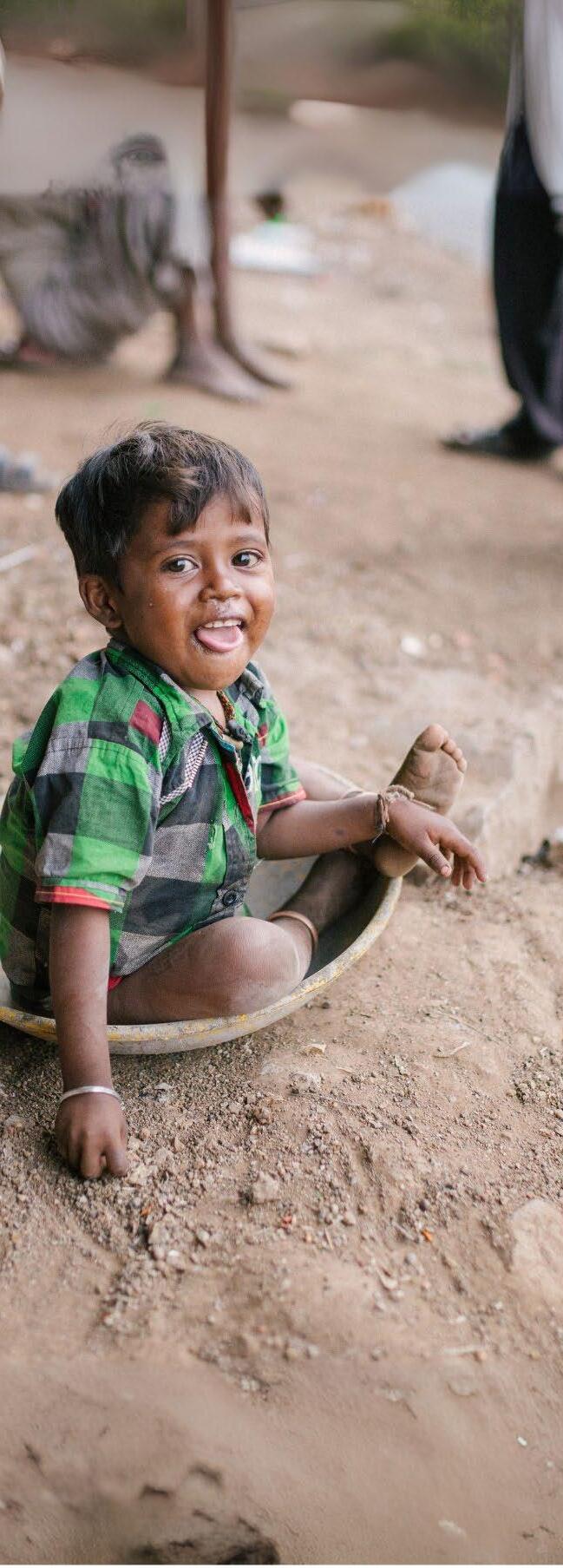


Our sincere thanks to all our wonderful supporters. Thanks to your commitment to our mission, we are able to make a difference to the lives of people affected by leprosy we work with in the Pacific, Asia and Africa.



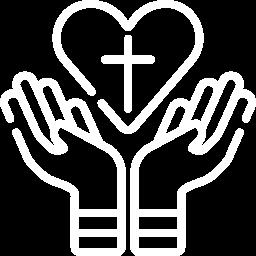
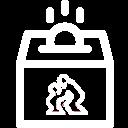


Requests for further information regarding the Annual Report can be made directly to the Executive Director, The
Email: Gillian.Whitley@leprosymission.org.nz
With your support, the Leprosy Mission NZ works in partnership with governments, local communities, partner health organisations, the World Health Organization, and many others. We work in some of the poorest and remote areas in the world to provide and evaluate a range of different projects in 10 key locations in 2024.
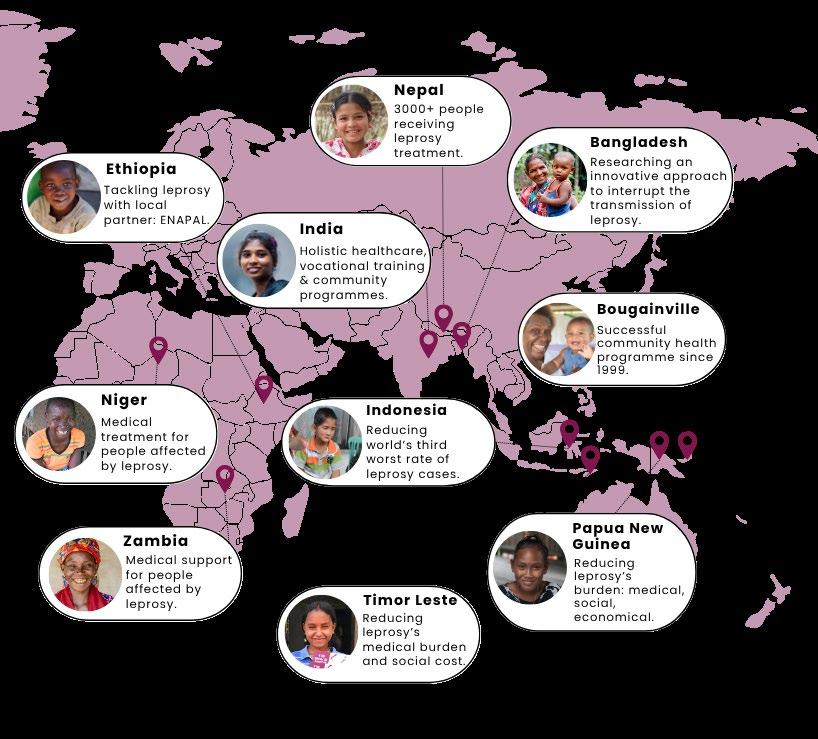
Board Chair
Andre Stuart BE
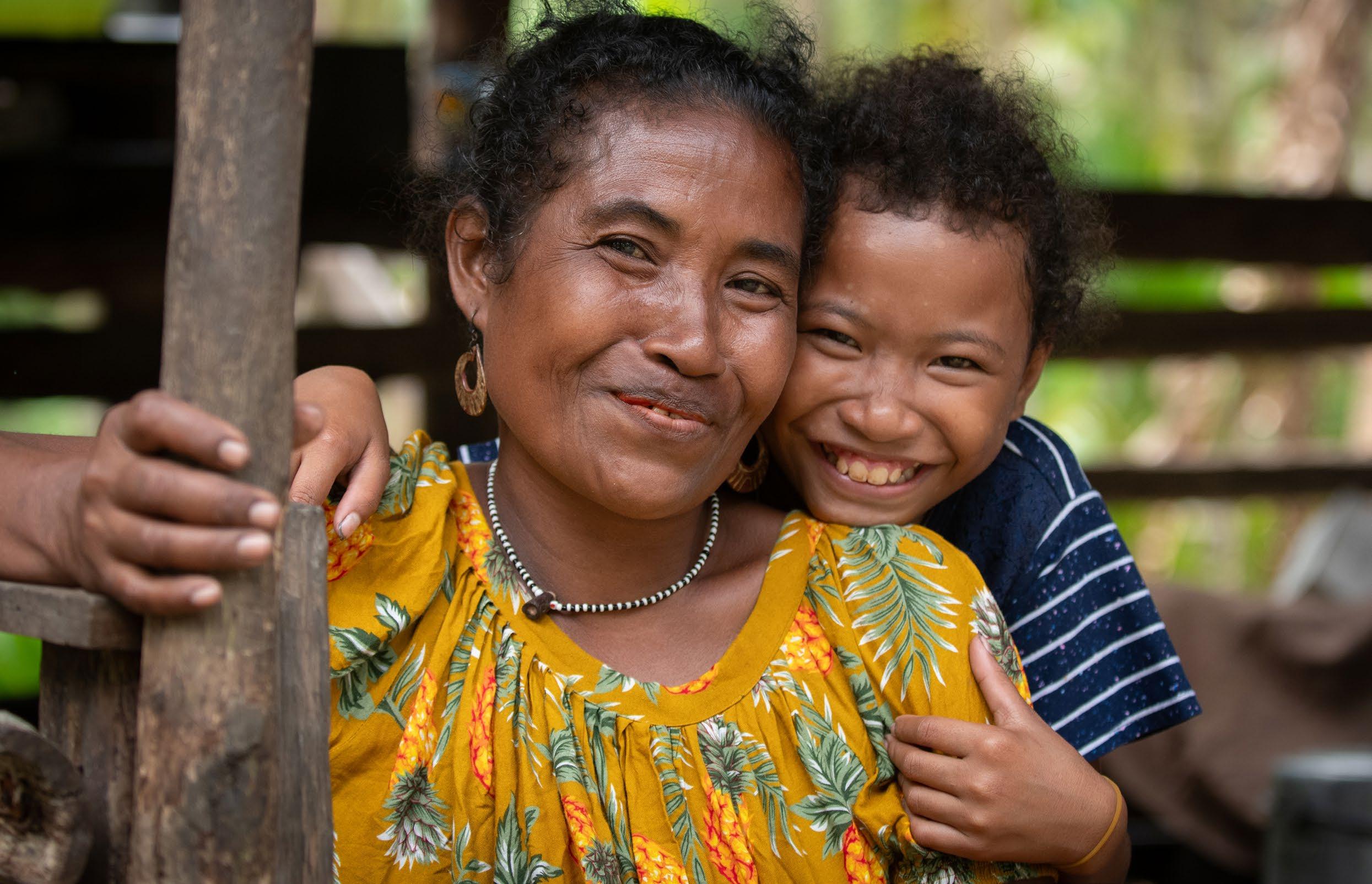
Board
Graham Mills Bcom, CA - Treasurer
Andrew Stott BCom/BA, MBA
Blair Matheson MBA
Jo White BNurs
Rev. Kathleen Gavin Dip Physio, Dip Biblical Studies, Dip Clinical/ Pastoral Counselling
Nadine Rutter BSc
Nicholas Fagerlund LL.B
Executive Director
Gillian Whitley MBS(HR Management), PGDipArts(Psych)
Auditor
Emily Ren
Charity Integrity Audit
Hon-Solicitors
Gaze Burt
The Leprosy Mission NZ is part of a Global Fellowship of 27 Leprosy Mission national organisations around the world.
“Rejoice in the Lord always. I will say it again: Rejoice! Let your gentleness be evident to all. The Lord is near. Do not be anxious about anything, but in every situation, by prayer and petition, with thanksgiving, present your requests to God. And the peace of God, which transcends all understanding, will guard your hearts and your minds in Christ Jesus.” Philippians 4:4-7
On behalf of the Board it is my privilege and pleasure to present to you the Annual Report for 2024.
We look back and we rejoice! I will say it again, we rejoice! 2024 was an exciting year for us as a Mission, we celebrated becoming 150 years old – we look back and recognise God’s faithfulness and generations of people who have faithfully supported the work, resulting in so many lives being changed forever.
Over this time, there have been huge advances in the battle against leprosy; facilities and human capability have been built, research, medicine and health care have advanced. However, there is still more to do.
We look forward with prayer and petition to God that we will continue to defeat leprosy and transform lives. 2024 saw the launch of a new overarching strategy for the whole of the Leprosy Mission globally. This strategy has Jesus Christ at its core and is focused on preventing leprosy transmission and the resulting disability, while also eliminating discrimination against persons affected by leprosy.
The plan also includes an ambitious goal to have no new child cases in the countries where we work in by 2035. With God’s grace, your support and the determination of the teams around the world, I believe we can get there.
With the faith of our Leprosy Mission family of supporters, 2024 saw us continue to support and lead well-planned and well-delivered programmes to cure, care and restore persons affected by leprosy in various parts of the world.
In this report, I’d like to draw your attention to our largest programmes of work that are led from New Zealand, which are in Bougainville, PNG and Timor Leste. The scale and impact of these programmes are significant; they are life-changing for persons affected by leprosy, while also being cost-effective and structured to be sustainable in the long term.
Also of note, in September, our Anandaban Hospital in Nepal was severely impacted by extreme rainfall, flooding and landslides. I would like to thank our supporters who gave to the Emergency Appeal. This enabled an immediate response to reprioritise the use of spaces, make the utilised buildings and outdoor areas safe, plus keep the hospital doors open for business.
In November, I had the privilege of travelling to Bangladesh to see the impact of the Mission’s work there. I was truly impressed by the capability and enthusiasm of a qualified team of professionals that are leading world-class research to detect transmission, while also curing, caring and restoring persons affected by leprosy. I was particularly excited by the research work,
which will be key to defeating leprosy in the years ahead. The need in Bangladesh is great, and thanks to your support, such amazing work is able to continue.
As a Board, we acknowledge the incredible work the staff undertake and the excellent leadership of Gillian Whitley. The staff commitment to people whose lives are affected by leprosy, to the strategy of the global leprosy team and to the supporters across Aotearoa New Zealand is incredible. We are fortunate to have such a driven and passionate team.
I would also like to acknowledge all of the Board members who give freely of their time, skills, and enthusiasm in a voluntary capacity. Their guidance supports the Leprosy Mission in achieving our shared vision of Leprosy Defeated, Lives Transformed.
Please enjoy reading through the annual report. Your prayers, gifts and support are touching the lives of those affected by leprosy. It is through God’s love that we are creating a world where leprosy is defeated, and lives are transformed. May God continue to guide us as we do this.

Andre Stuart BOARD CHAIR
The Leprosy Mission New Zealand Incorporated
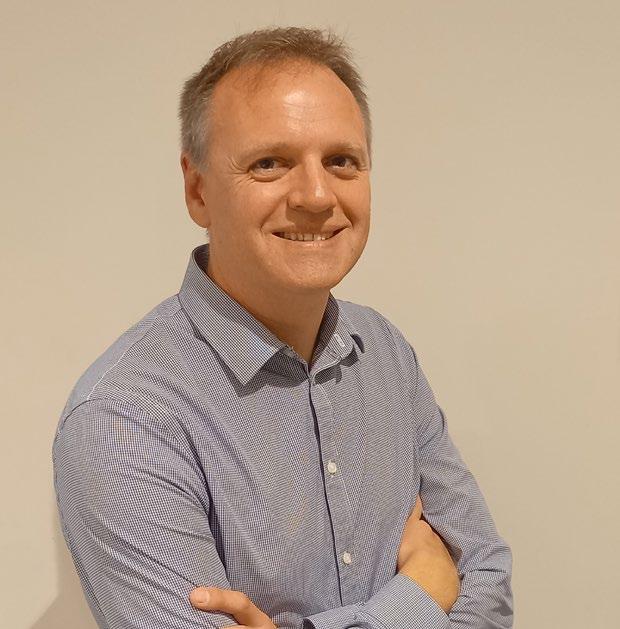
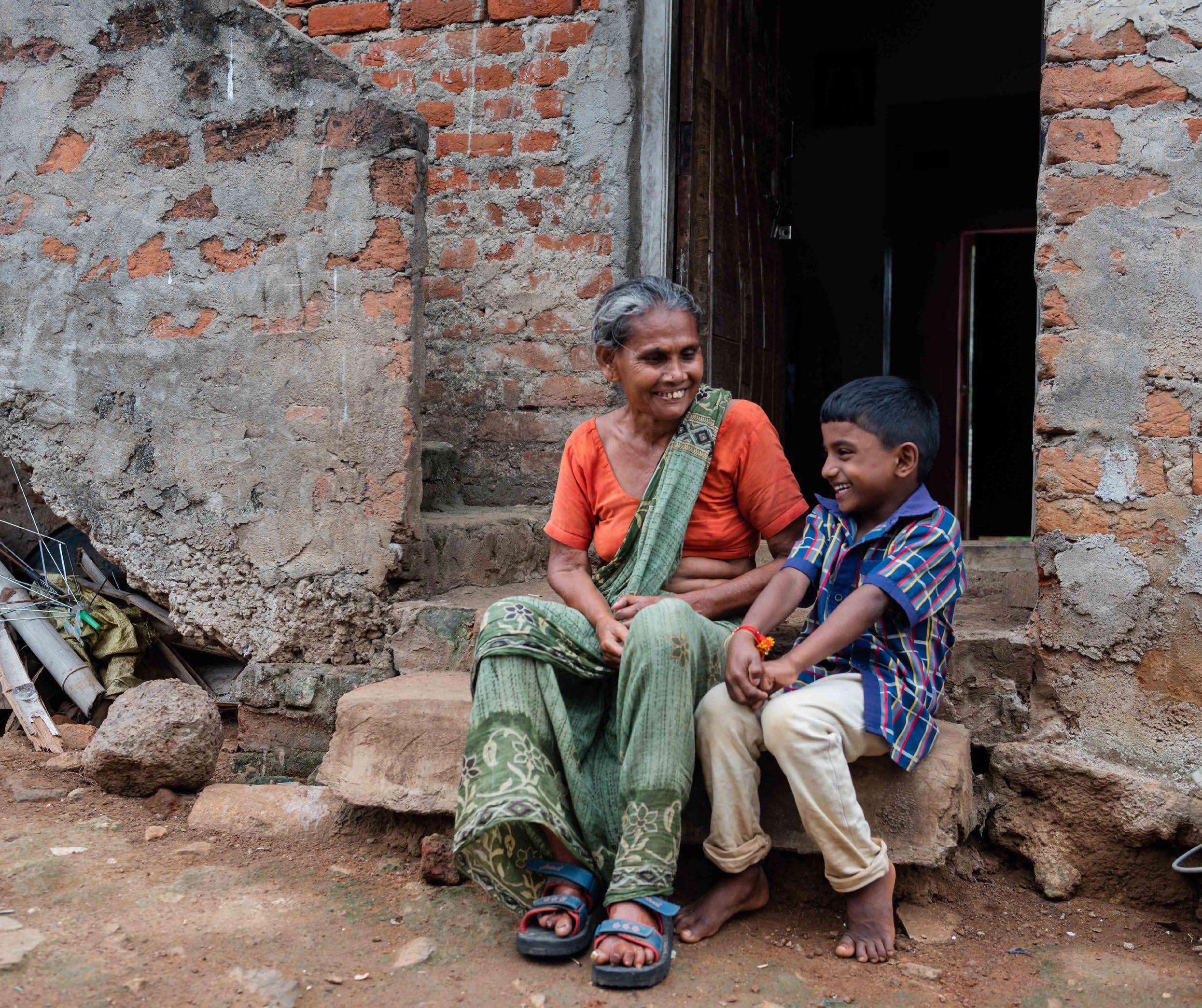
"For nothing will be impossible with God. "
Luke 1:37
In this Annual Report, we have an opportunity to reflect on the past year and to stride forward in faith and with confidence towards our ambitious global goals to end leprosy transmission, end leprosy-related disability, and end discrimination for anyone with a lived experience of leprosy.
These goals are addressed from many angles. There is groundbreaking research into early diagnostic tools and comprehensive preventative health programmes that reduce the reliance on fragile health infrastructure in many of the countries in which we work.
There is an innovative treatment for ulcer care and reaction management aiming for better long-term health outcomes. Increasingly, people with a lived experience of leprosy leverage their knowledge to increase a better understanding of this disease and its ongoing impact on individuals and their families.
Being future-focused is only possible with the prayerful support of New Zealanders. We give thanks and praise for every donation, every prayer, and every expression of interest to learn more about the life stories shared.
It is a joy to follow in depth the story of our Cure One Ambassador, Kamal, in Nepal and to witness his progress through his journey with leprosy. His young body was ravished by the leprosy bacteria and the Leprosy Mission Nepal team provided comprehensive holistic treatment and care. He is now on the long road to being healthy and well.
The Nepal team is an example of the incredible dedication of Leprosy Mission teams around the world. The work that is implemented for people affected by leprosy and their communities is often carried out within complex political situations and uncompromising natural disasters.
The faithfulness of our staff teams and their devotion to their work is humbling. The combination of their knowledge and expertise blends seamlessly with their care for each person they treat and interact with in our medical facilities and community programmes.
In New Zealand, we are blessed with a faithfully committed team and strong partnerships with Christian media, churches and faith communities.
Through these connections, we reached motivated students enthusiastic to be the generation that will finally see an end to leprosy. Eight Youth Advocates were chosen for an immersive experience in Nepal in January 2025 and will be advocating for people affected by leprosy in the coming year.
Looking to the future, sitting side by side with the honouring of 150 years of the Global Leprosy Mission. A series of meetings in India was punctuated by a mock Leprosy Hospital were as a ‘patient’ I experienced being diagnosed with leprosy, measured for a 3D printed prosthetic, occupational
therapy and counselling – each a demonstration of the breadth and depth of the skill, experience and care of our practitioners.
The 150th gathering culminated in a Thanksgiving service in New Delhi with powerful testimonies from people with a lived experience of leprosy, songs of praise and ever thankful hearts for Christ being at the centre of our work towards a world without leprosy; For nothing will be impossible with God.
With blessings,

Gillian Whitley EXECUTIVE DIRECTOR
The Leprosy Mission New Zealand Incorporated
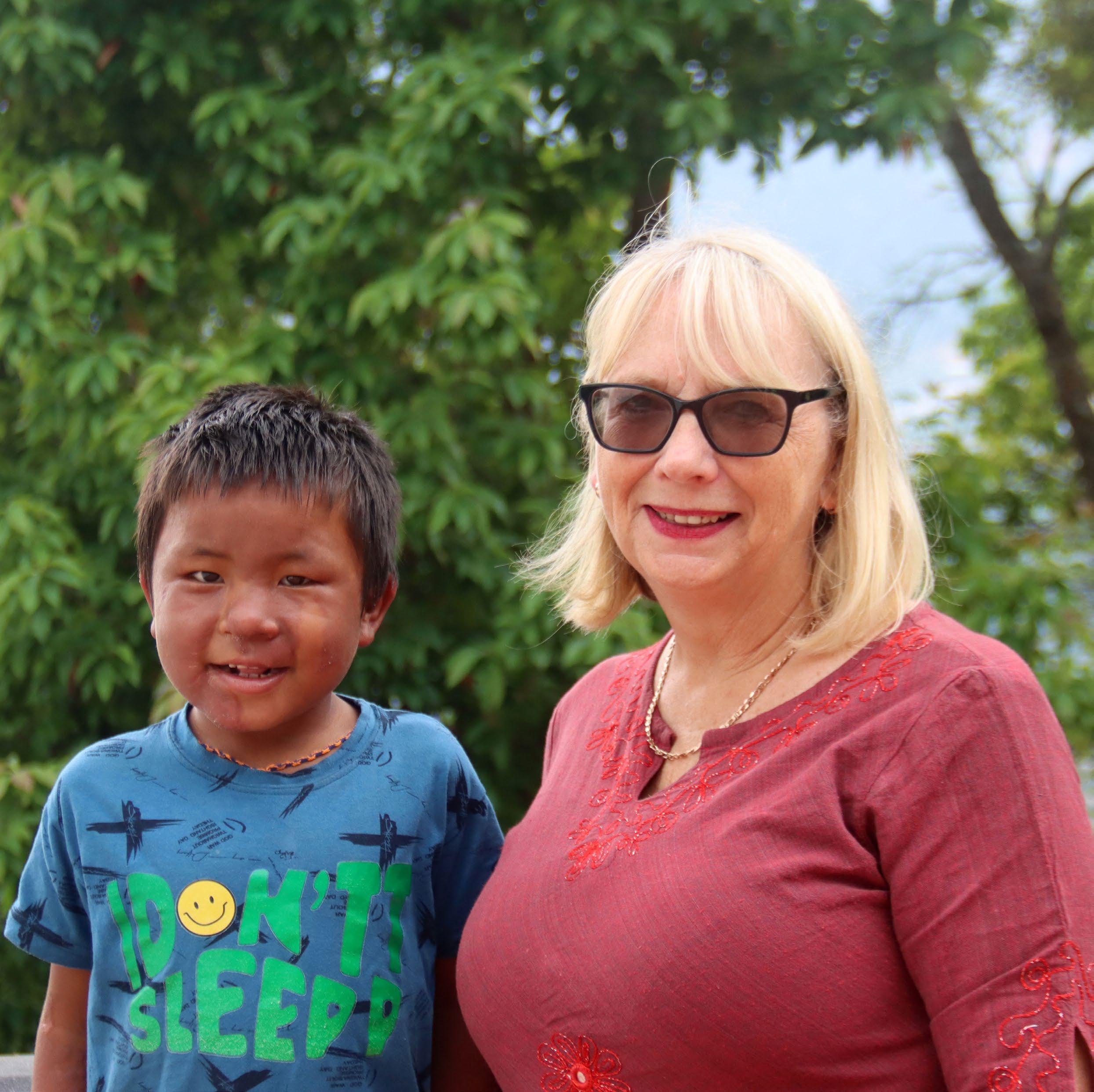
Gillian meeting Kamal, Cure One ambassador, at Anandaban Hospital in Nepal.
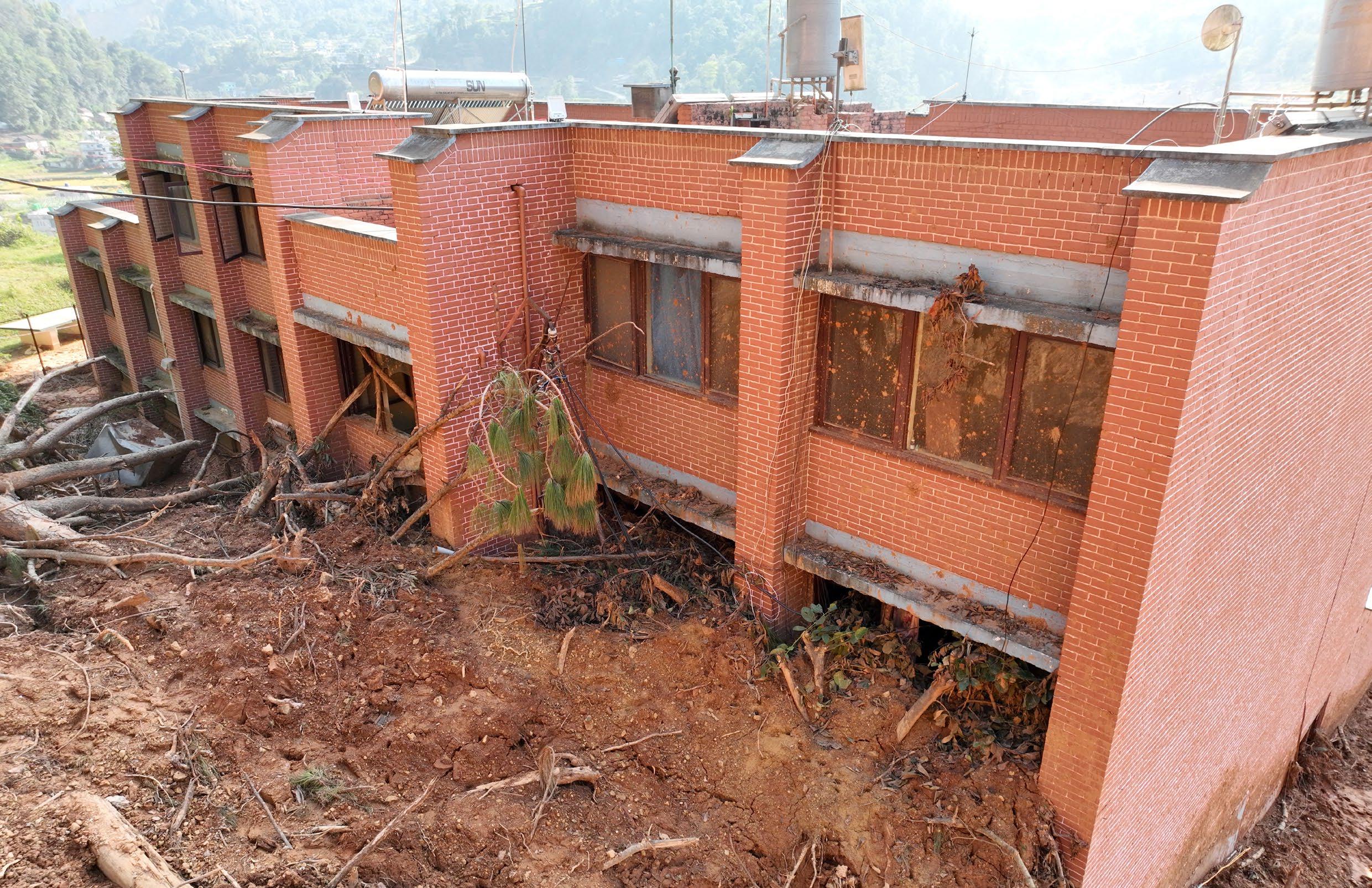

In September of 2024, the Leprosy Mission Anandaban Hospital in Nepal was struck by devastating landslides caused by intense rainfall and a sudden cloudburst. The steep terrain of the hospital grounds was severely affected, leading to significant damage to several buildings.
Amid the physical destruction, we also experienced the heartbreaking loss of a beloved member of our Nepal team—a dedicated Lab Technician who tragically lost his life in the landslides.
We extend our heartfelt gratitude for your unwavering prayers and support during this incredibly challenging time. In the face of such devastation, we have seen God’s mercy and grace, which have given us the strength to move forward.
By God’s grace, we were spared from even greater loss. Despite the severe damage to our
leprosy wards, not a single patient was lost or injured. We are profoundly thankful for His protection over our patients, staff, and the hospital.
Thanks to your incredible generosity, we were able to respond swiftly and begin the restoration process. With your continued prayer and financial support, we addressed the most urgent needs and resumed essential services.
Here’s an update on the progress we’ve made:
Although the leprosy ward suffered significant damage, we successfully relocated patients to the new trauma center building and emergency department, ensuring they continued to receive the vital care they needed while remaining safe.
To secure the hospital buildings, we have begun constructing retaining walls around the campus. These are essential for the safety of the hospital structures, allowing our medical team to continue providing critical care to patients.
The roof of the Orthosis and Prosthesis Department was damaged, but we made repairs immediately. By God’s grace, essential work resumed once the retaining walls were completed.
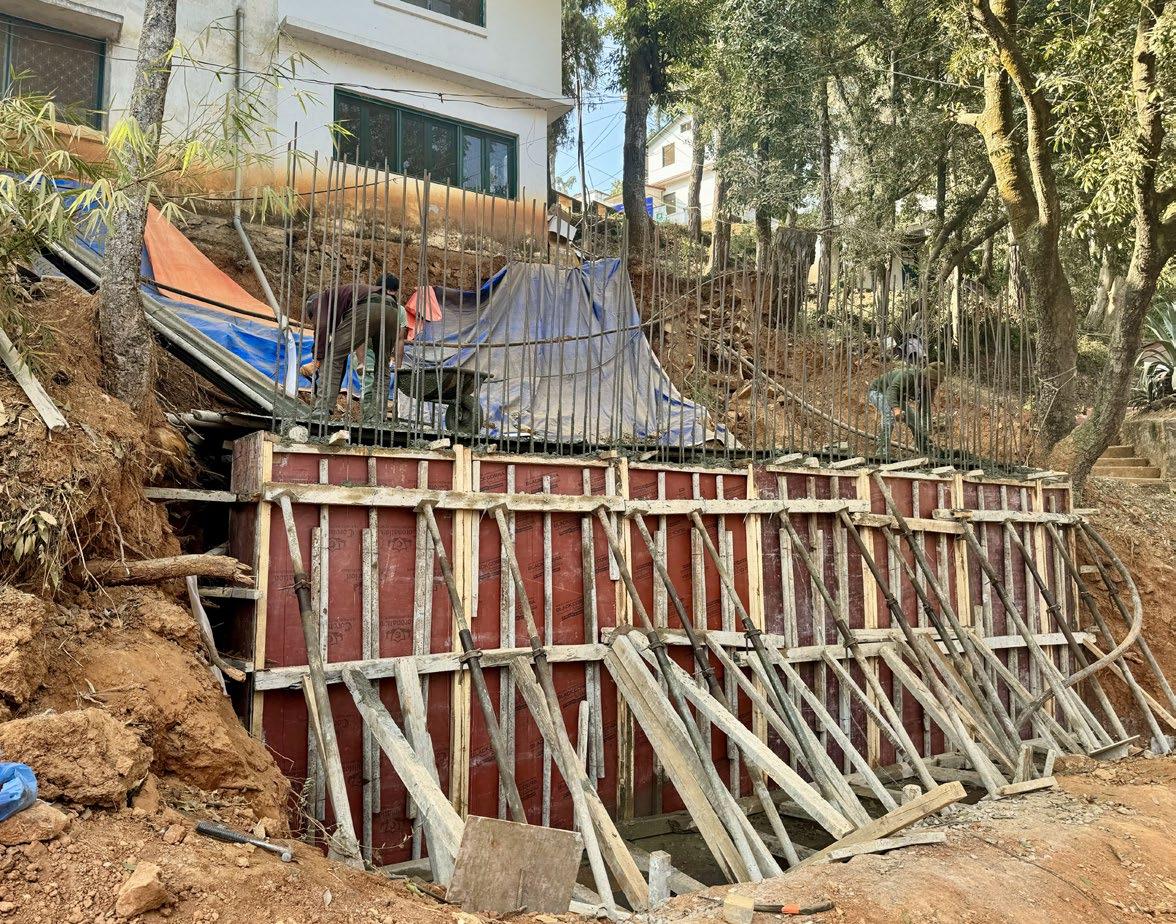
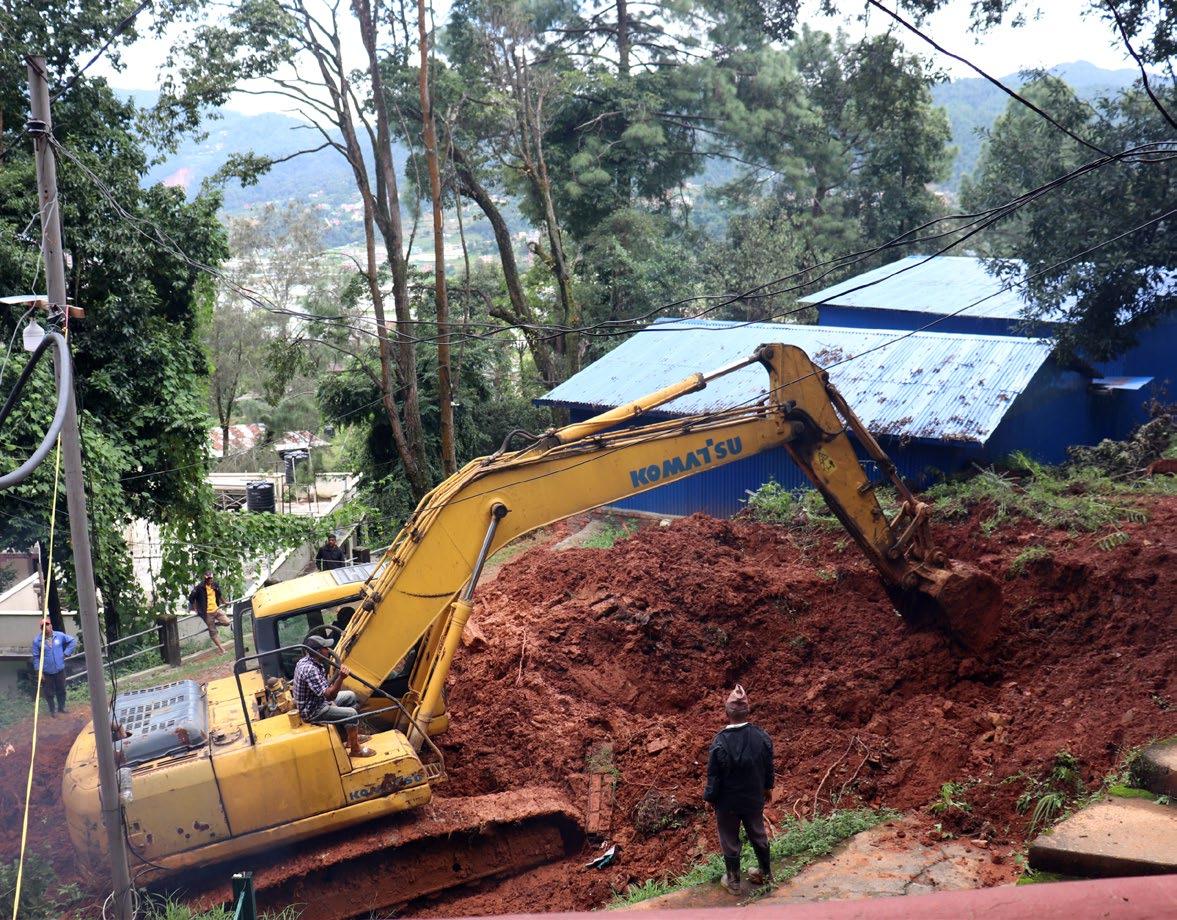
Though the Self-Care Unit store was damaged, we adapted quickly. Self-care teaching resumed and was integrated with inpatient leprosy services, ensuring continued support for our patients’ wellbeing.
Training sessions were relocated to alternative safe spaces, allowing education on leprosy care to continue without interruption.
By God’s grace, we were able to resume emergency services, inpatient leprosy care, and surgeries shortly after the disaster. While we are currently operating with reduced bed capacity, we are working toward expanding to 102 beds to maximise available space.
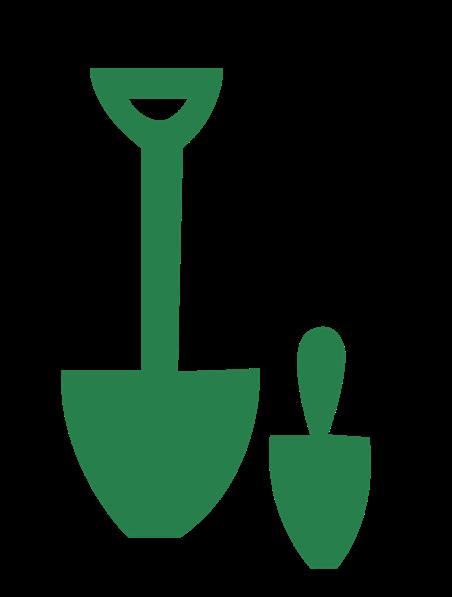
We remain committed to rebuilding and strengthening our hospital, trusting in the resources and strength God provides each day. While the rebuilding process is well underway, significant challenges remain.
The Leprosy Mission Anandaban Hospital’s location in a high-risk area adds complexity to our efforts. We are exploring all options, including the relocation of some services, to ensure the hospital remains a safe and effective place for healing and care for the people of Nepal.
Your generosity, prayers, and love have been a lifeline during this challenging time. We cannot thank you enough for standing with us.
Please continue to pray for our staff, for wisdom in decision-making, and for the success of our rebuilding efforts. Together, with God’s guidance and your support, we will restore the hospital to its full capacity, continuing to serve those in need with excellence and compassion.
The Leprosy Mission New Zealand has been creating life-changing connections between New Zealanders and people affected by leprosy throughout the world. We are dedicated to curing, caring for and restoring people, families and communities affected by leprosy.
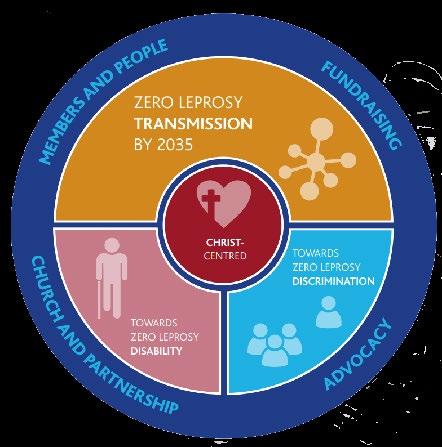
• Improving health and hygiene knowledge and practices
• Improving water and sanitation facilities and waste management
Finding and Diagnosing:
• Raising awareness of leprosy
• Improving health seeking behaviour
• Strengthening health referral pathways and systems
Being treated:
• Ensuring leprosy assessment available and accessible
• Ensuring Multi-Drug Therapy (MDT) medication given and taken
Breaking transmission:
• Contact tracing of leprosy cases
• Leprosy screening of contacts and preventative MDT treatment
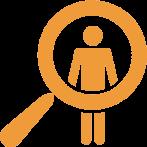
Hospital and Clinic Healthcare:
• Providing reconstructive surgery and ulcer treatment
• Providing counselling and physiotherapy
• Reaction management
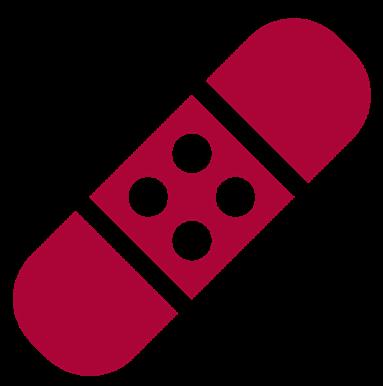
human rights
After treatment Care:
• Supplying protective and assistive devices
• Providing self-care training to people affected by leprosy and their families
• Providing follow-up health services
• Advocating for the removal of discriminatory legislation
Restore Sustainable livelihood development:
Towards Zero Transmission Towards Zero Disability Towards Zero Discrimination

• Providing vocational training and employment placement
• Providing business training on income generation activities
• Providing training on saving, loans and seed funding
• Facilitating self-help groups
Breaking stigma:
• Training community leaders and members in advocacy and and human rights.
• Advocating for the removal of discriminatory legislation.
Leprosy is easily curable. It affects individuals with weakened immune systems. The disease often spreads in areas that are more deprived with poor sanitation and nutrition.
Your support has helped find and diagnose those affected by leprosy, it has helped them start multi-drug-therapy treatment and has ensured they followed this treatment consistently to be fully cured.
Zero Transmission of leprosy can be achieved by:
• Early detection of leprosy and treatment of new leprosy cases, which helps interrupt the transmission of leprosy.
• Reducing infection risk through Post-Exposure Prophylaxis (PEP), one dose of Rifampicin to people who are close contacts.
• Improving water, sanitation and hygiene to reduce contamination and to prevent secondary infections for people affected by leprosy.
Indonesia has the third highest number of new leprosy cases in the world. Leprosy Mission New Zealand is a supporting partner of NLR (No Leprosy Remains) - Indonesia to support the PEPCOM project in Indonesia.
The project specifically targets the district of Indramayu - a high leprosy endemic region in West-Java to stop transmission. Through active case finding, new leprosy cases are detected to receive MDT treatment. Their contacts are screened for leprosy and receive MDT treatment or the preventative treatment.

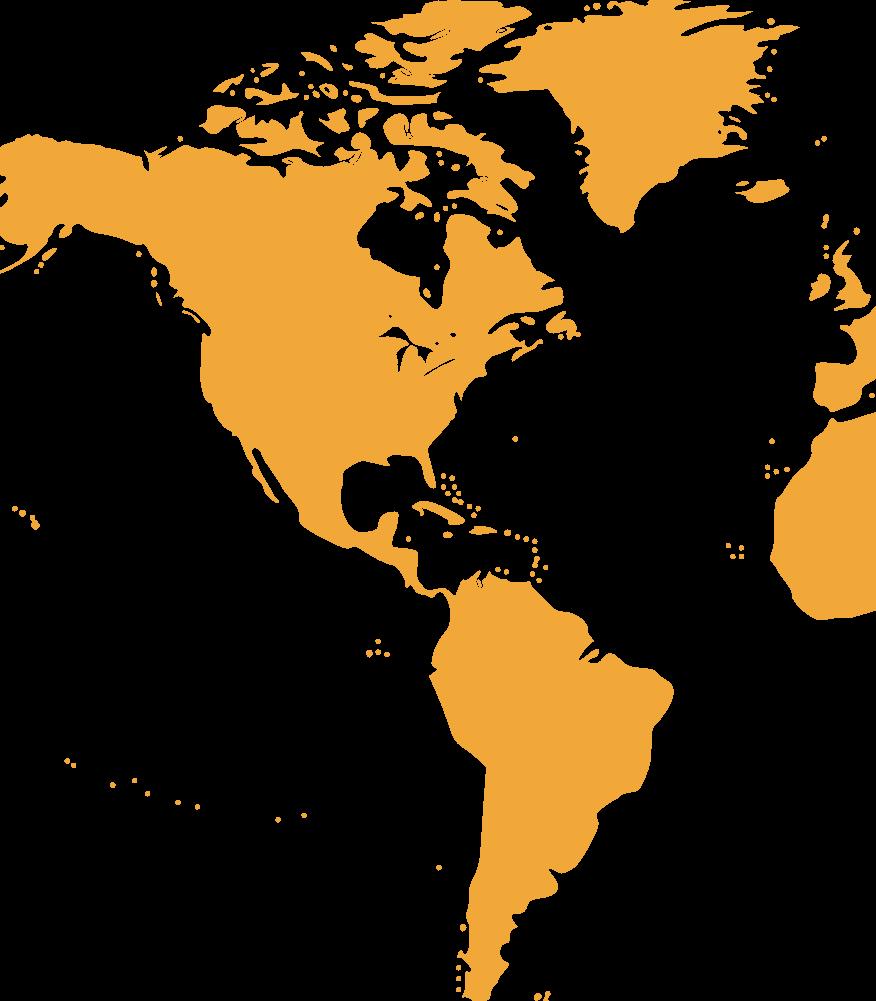
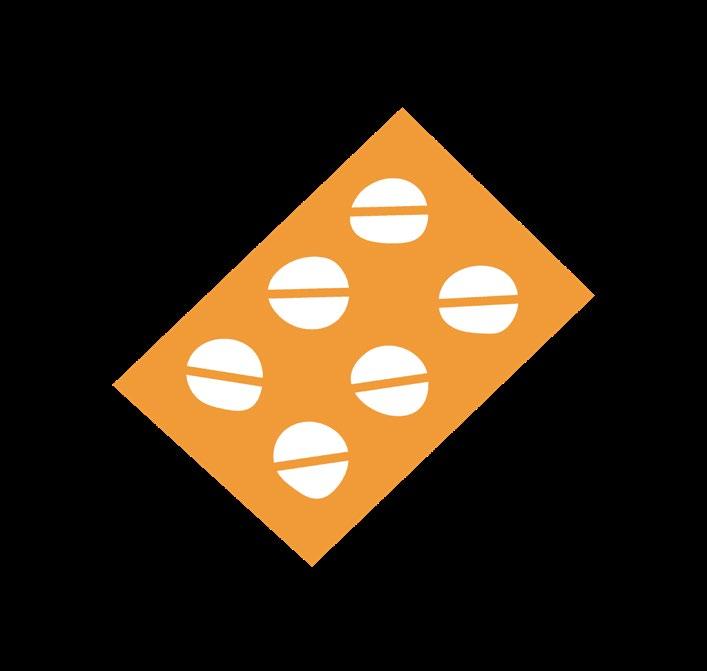
The Bougainville Healthy Communities Programme (BHCP) has a longstanding presence in Bougainville, implementing in Bougainville since 1999, reaching over 800 village communities and covering 95% of the population.
The BHCP model strengthens preventative health through health awareness including water, sanitation and hygiene, identification of leprosy and major illnesses with referral pathways and treatment, immunisation and maternal health. Developing a community of people with a stronger immune system means less vulnerability to leprosy bacteria. The model has a holistic and integrated view of a healthy community being about both health awareness and care as well as effective community-level governance to identify, plan for, and implement, health and development strategies.
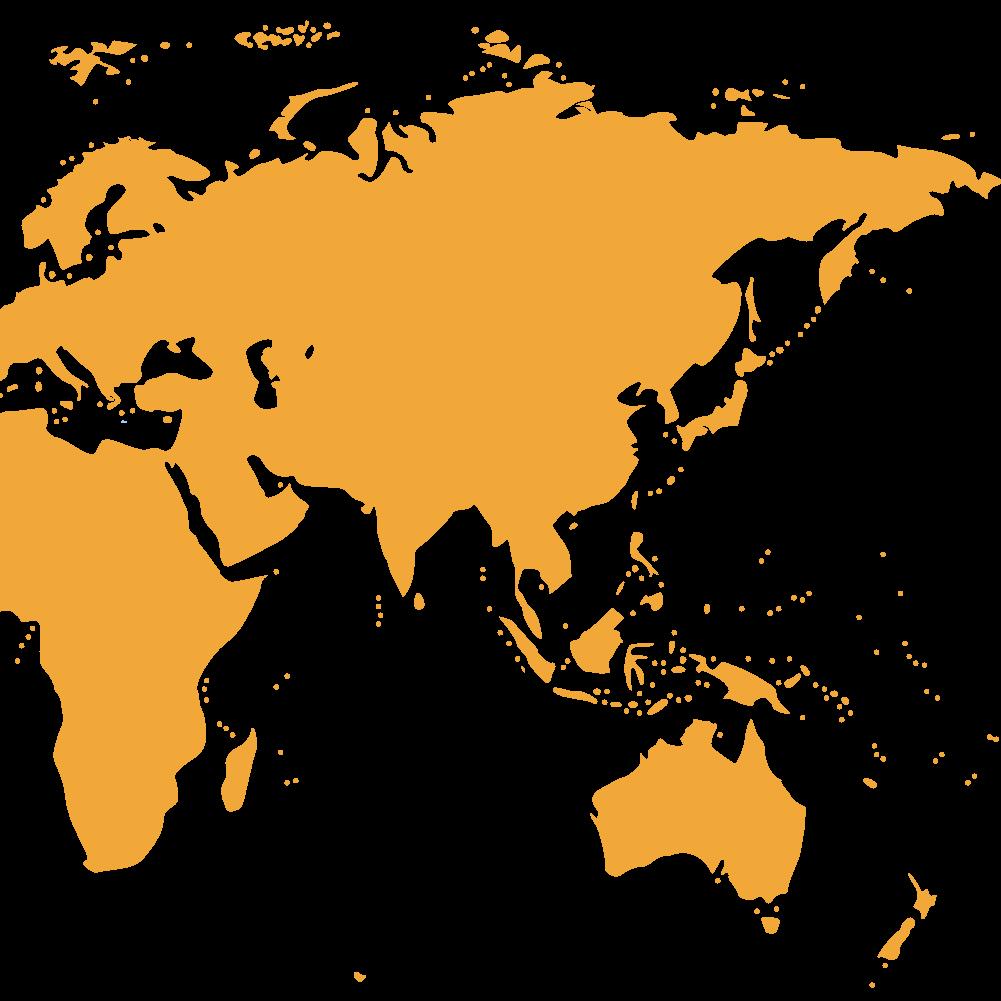
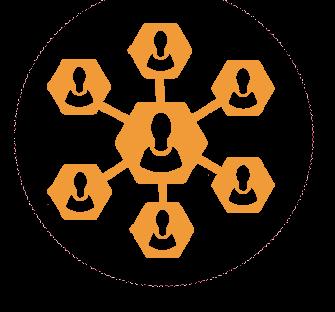
3,232
people identified as close contacts of people diagnosed with leprosy, received one dose of rifampicin in NZ supported projects.

1,968


new leprosy cases were diagnosed and are placed on multi-drug therapy treatment in NZ supported projects.
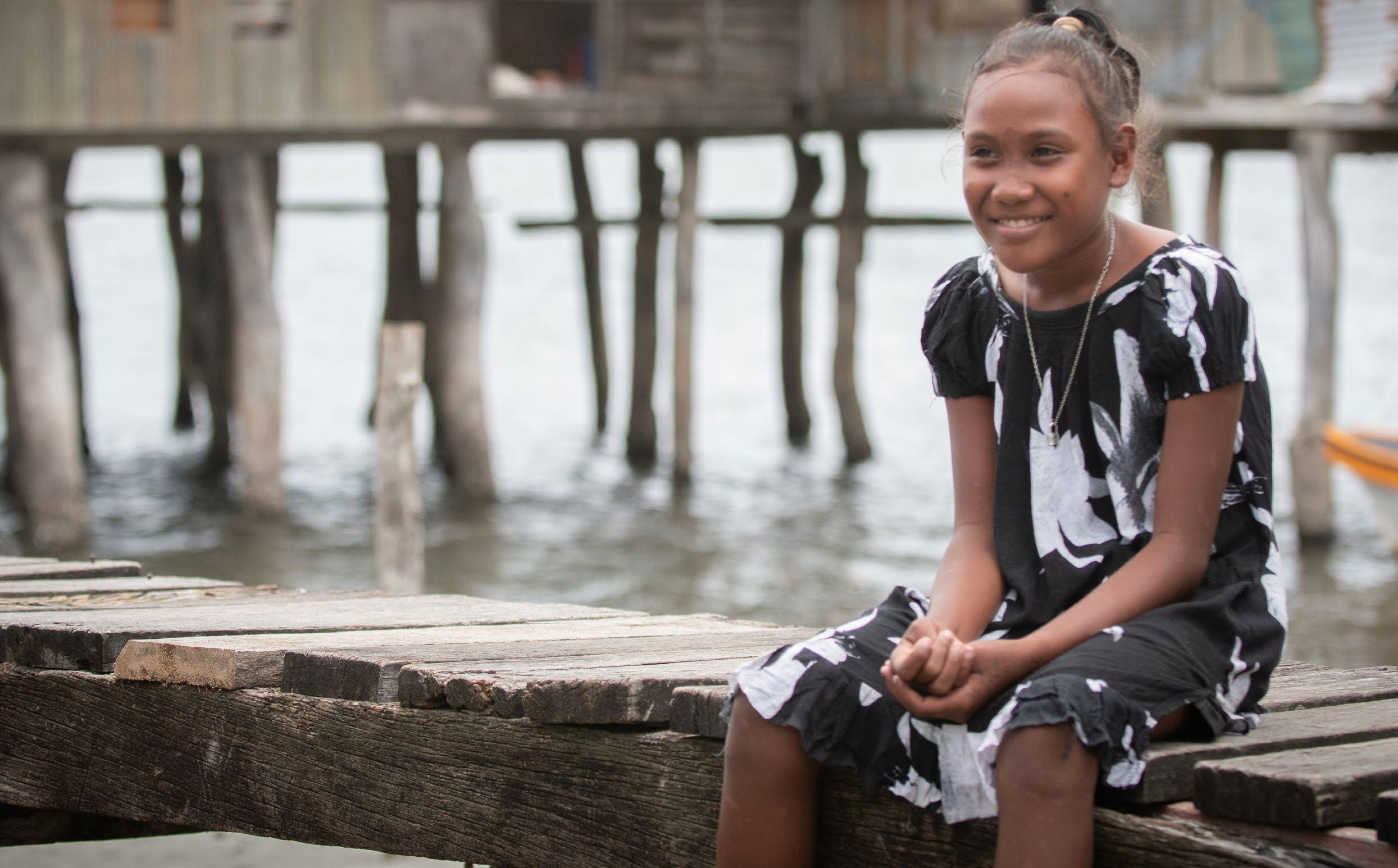
Thanks to your incredible support, we have a powerful story of hope to share from Papua New Guinea.
When community health volunteer Juma first met little Lisa, she was battling the cruel effects of leprosy — a disease that has shadowed her family for generations.
Her whole body was wracked in torment. She had lost a frightening amount of weight. Skin blemishes and bumps disfigured her face and body.
She was very frightened. She knew what leprosy had done to her mother, aunts, uncles, and her grandparents.
The pain, fear, and stigma were overwhelming. But because of your love and kindness, Lisa’s story is no longer one of despair, but of healing and promise.
Juma snapped into action and took Lisa to the nearest health post, where the local doctor put Lisa straight onto MDT medication. A rigorous year of tablets will completely cure her.
Within just 48 hours, she was no longer contagious. Your support helped Juma and our dedicated community health workers act fast, preventing Lisa from developing severe disabilities caused by this disease.
Though the road hasn’t been easy, Lisa’s spirit is stronger today. With your ongoing support, we are working to overcome the stigma that still surrounds leprosy, so children like Lisa can return to school, dream big, and live without fear.
Volunteer Juma sees awareness and attitudes about leprosy slowly improving. She finds many cases, keeps perfect records of medication and has seen hotspots of leprosy wiped out in her community.
Through the PHACE programme, you helped support volunteers like Juma, who
tirelessly find and care for people affected by leprosy.
Your kindness helps promote hygiene, nutrition, and health education to help communities resist leprosy before it takes hold.
Because of you, the Leprosy Mission team in PNG has been able to provide vital medication that cures leprosy and prevents lifelong disability.
Lisa’s family, once trapped in the cycle of this disease, now hold hope — hope that their daughter will grow up free from leprosy’s shadow.
Together, we are turning the tide against leprosy. With your continued partnership, we will work towards ensuring no child like Lisa ever suffers from this disease again.
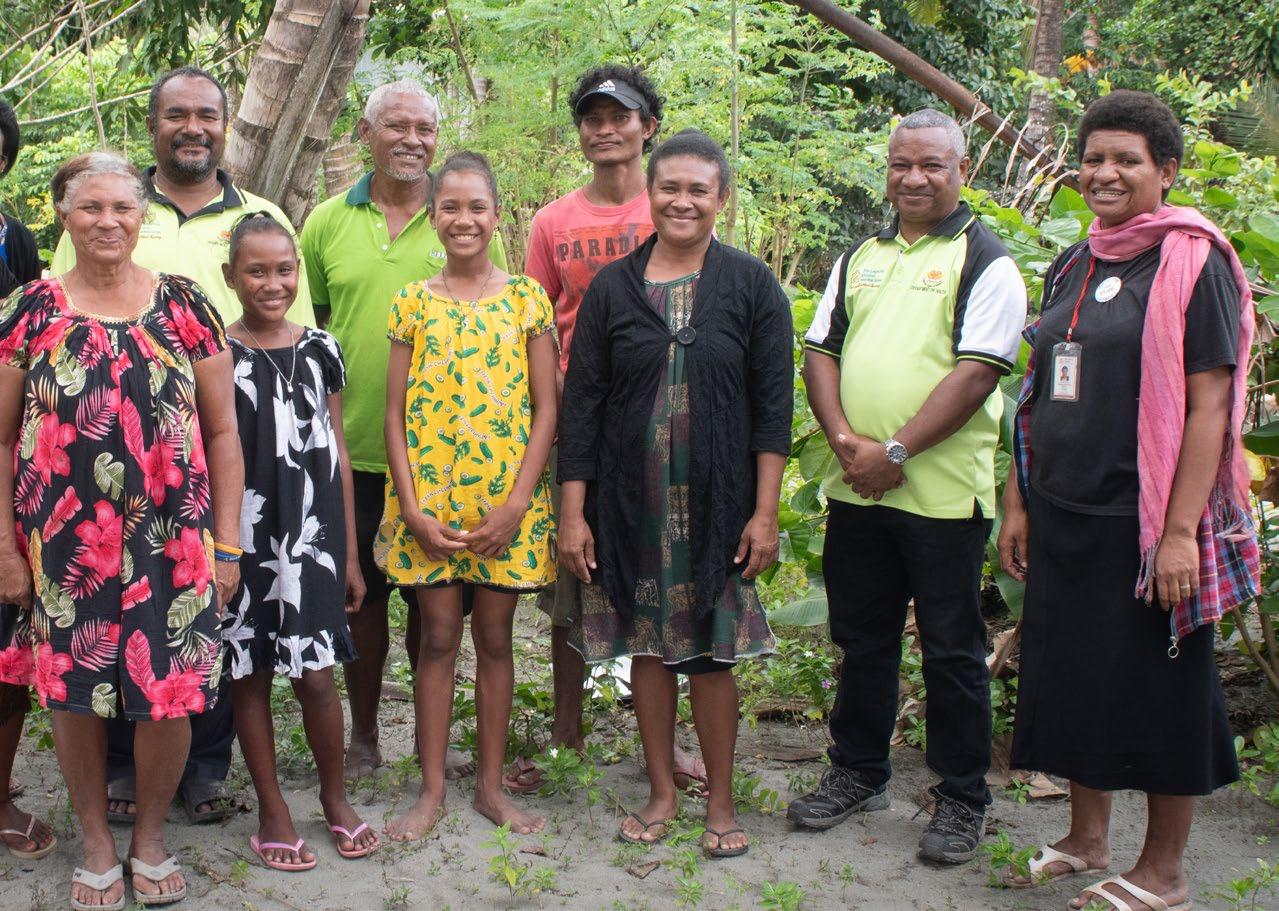
Thank you for bringing us closer to a leprosy-free future in PNG.
In Papua New Guinea, 40 percent of the population live below the poverty line and have some of the lowest nutrition outcomes in the world.
The country records around 500 diagnosed cases of leprosy a year and thousands more go undiagnosed. Many people affected by leprosy in PNG are also living below the poverty line, which increases the chance of contracting leprosy.
Because of the PHACE programme, children like Lisa can be cured of their leprosy. The prime goal of PHACE, however, is to reach the point where children are too strong and healthy to catch leprosy in the first place.
If Lisa had a stronger immune system, she would be stronger, healthier, and she

would have been less vulnerable to contracting leprosy.
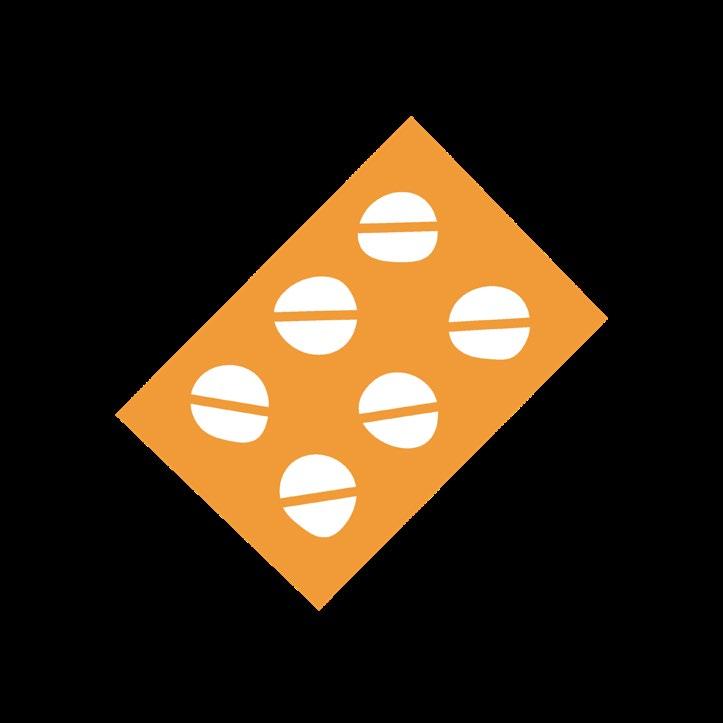
Through your support for PHACE, you are helping communities understand practice safe hygiene and sanitation practices to build stronger immune systems. This will dramatically reduce the likelihood of people contracting leprosy.
Your support also helps to teach communities how to improve their livelihoods through empowering communities, especially women, girls and people living with disabilities, in knowing their rights and where they can access support.
By promoting economic empowerment through the PHACE programme, you have a huge role in helping to defeat poverty.
Leprosy is one of the leading causes of preventable disability in the world, and yet disability is not an inevitable consequence of leprosy. That’s why the Leprosy Mission is committed to seeing zero disability because of the disease.
Hospitals that you support provide reconstructive surgery, physiotherapy , ulcer treatment and reaction treatment. In our projects, people affected by leprosy are taught self-care for ulcers to prevent disability and provided with assistive equipment, crutches and wheelchairs as well as prosthetics.
The Leprosy Mission New Zealand is a supporting partner of the Leprosy Mission’s Anandaban Hospital in Kathmandu which provides comprehensive quality care for people affected by leprosy including clinical diagnosis, physiotherapy, ulcer care, surgery, and prosthetics. As a hospital close to local communities, there is provision of general and emergency medical services to the catchment community for fee-paying patients to support long term sustainability.
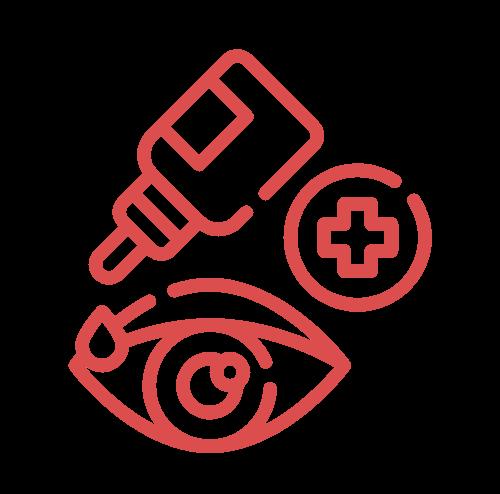
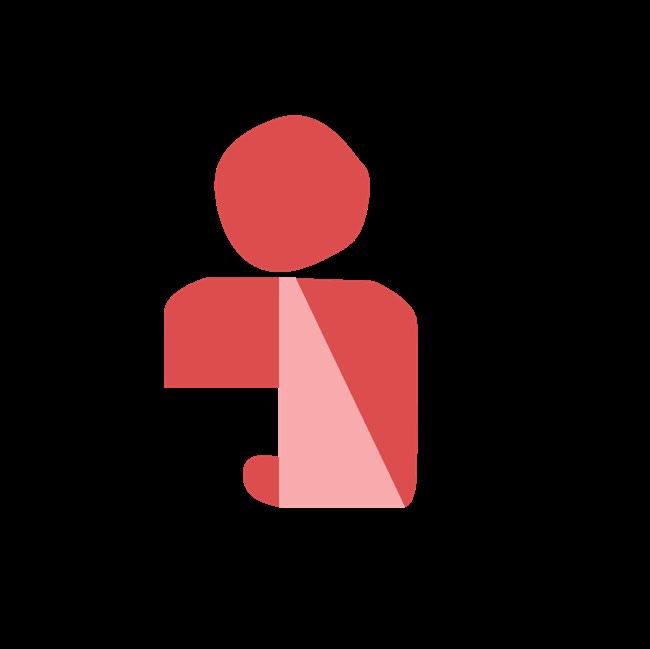
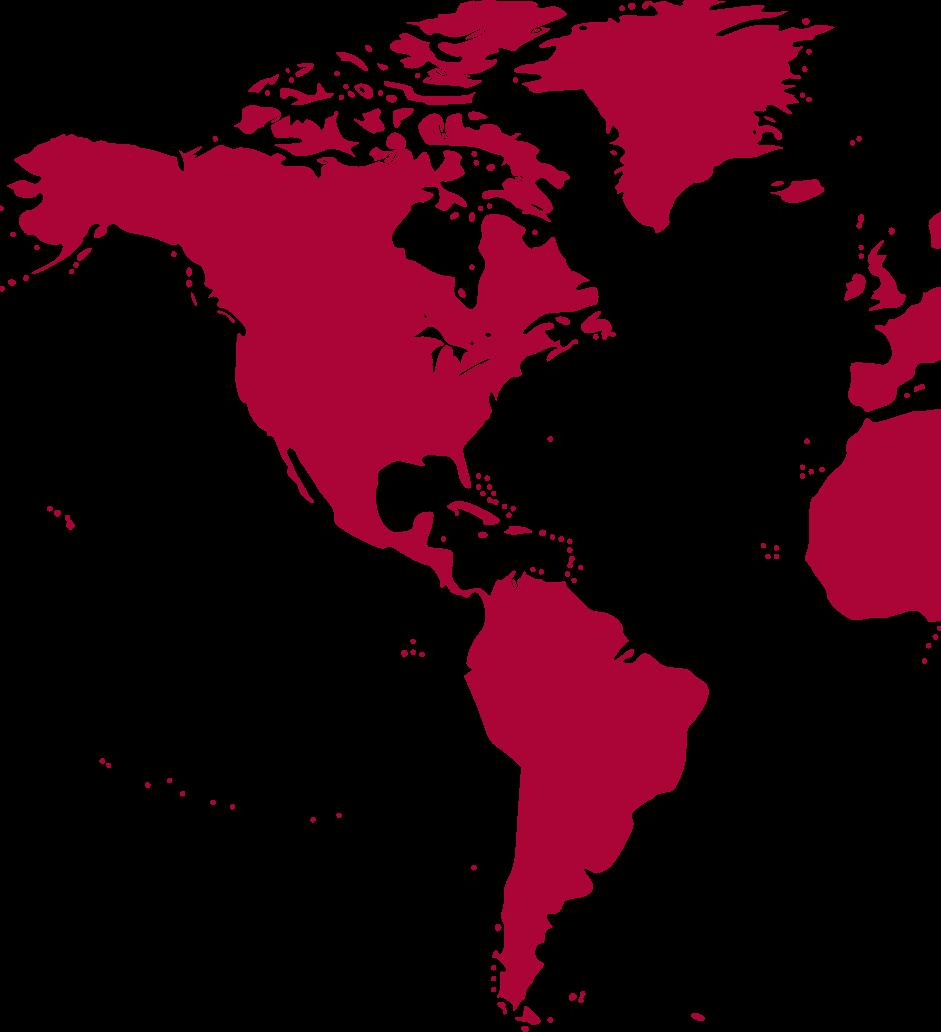
350
people received treatment of leprosy-related ophthalmological problems in NZ supported projects.
1,043
people received ulcer treatment and reconstructive surgery in NZ supported projects.
Salur Hospital in Andhra Pradesh is a 60-bed facility and one of the 15 hospitals operated by The Leprosy Mission Trust India serving the needs of people affected by leprosy and local communities.
A comprehensive range of in and out-patient care is provided by a dedicated team of medical, nursing and ancillary health specialists including reconstructive surgery, ulcer care and reaction management. Prevention of impairment and disability is addressed through patient education, physiotherapy, pre-fabricated splints and micro-cellular rubber protective footwear.
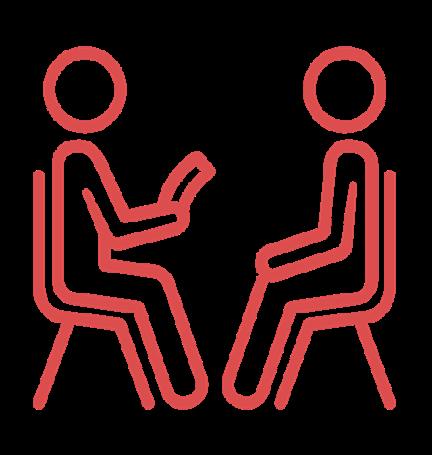
2,043


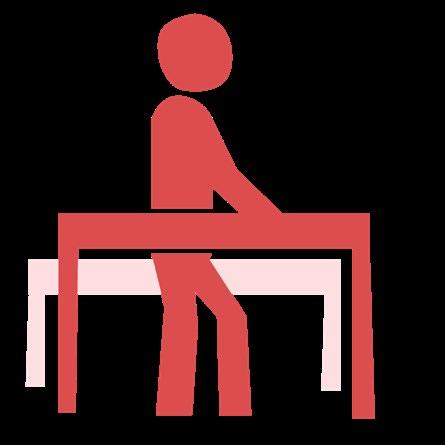
6,676
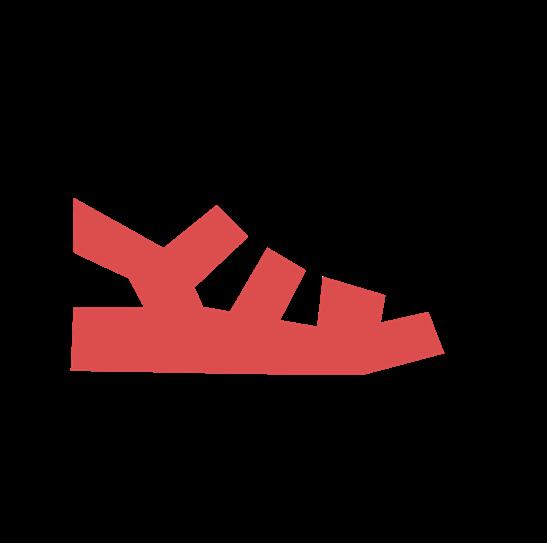
people received counselling or therapy in NZ supported projects.
2,480
pairs of protective sandals were provided in NZ supported projects.
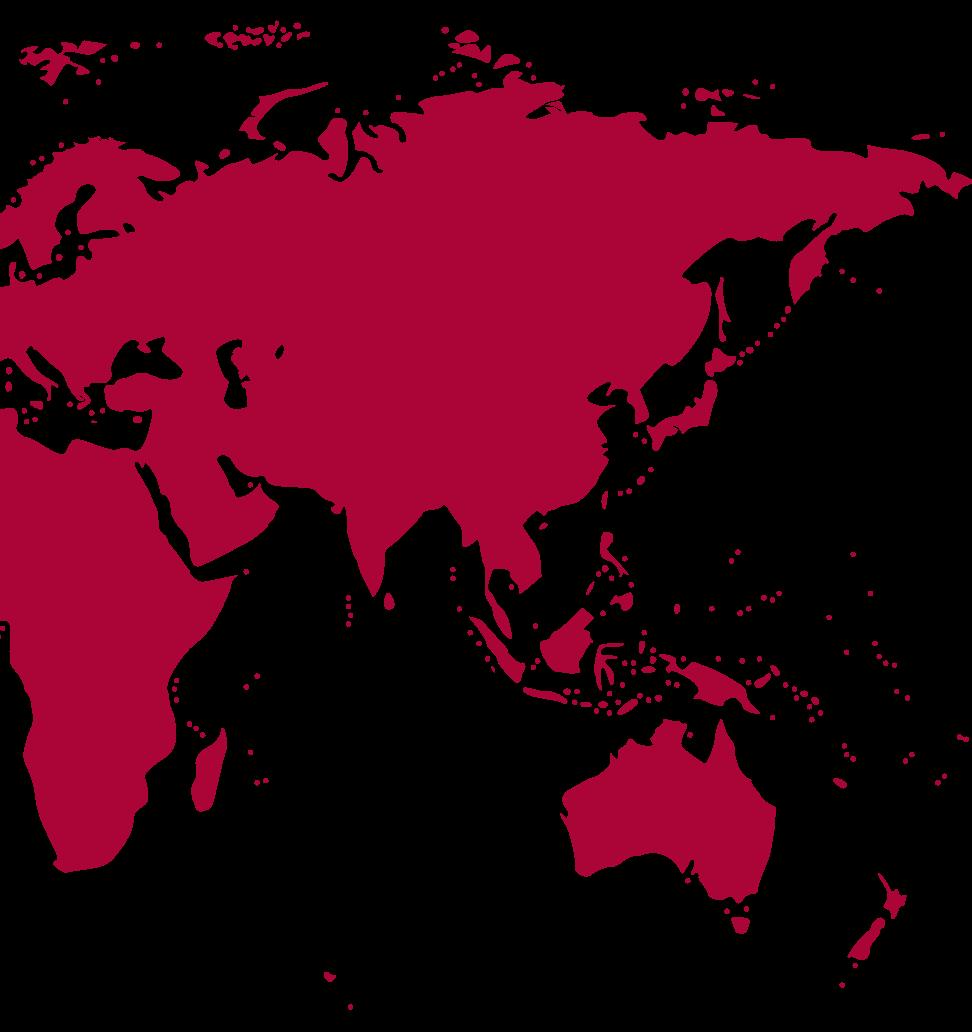
people received physiotherapy in NZ supported projects.
Anandaban Hospital stands as a true beacon of hope for people affected by leprosy — and today, Amar’s remarkable story shines a light on the life-changing power of your compassion.
Amar’s life has been a journey marked by unimaginable hardship. Orphaned at a young age, he dreamed of building a loving family. He found hope in his wife and two precious children, Kiran and Fuli. But tragedy struck again when Amar’s wife died suddenly, leaving him alone to care for his little ones.
Overwhelmed and unsupported, Amar made the heartbreaking decision to send his children to an orphanage — a place where they would at least be safe and cared for.
But Amar’s own health began to fail. For two years, Amar battled leprosy in the shadows — his condition worsening because he didn’t get the right diagnosis in time. The disease took a terrible toll: a clawed left hand, foot drop, missing toes, and lost sensation. He was a man broken in body and spirit.
Thankfully, a turning point came, thanks to kind supporters like you.
Referred to Anandaban Hospital, Amar found not just treatment, but a refuge — a place where healing goes far beyond medicine. Though fearful of rejection and stigma, Amar’s brother encouraged him to seek care. At Anandaban, Amar began to heal — physically, emotionally, and spiritually.
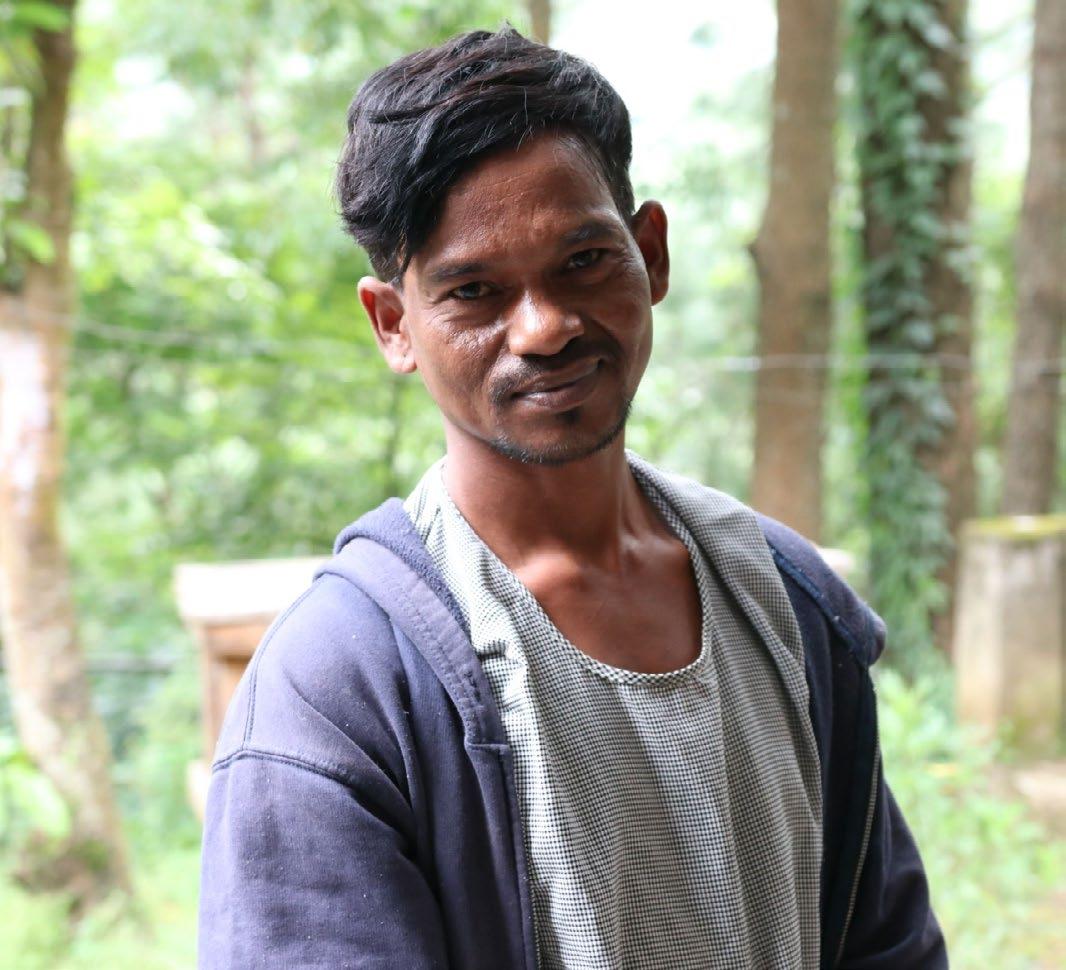
He completed his Multi-Drug Therapy (MDT), the cure for leprosy, and underwent reconstructive surgery on his foot. For the first time in years, Amar could walk without pain or fear!
The hospital team has also provided specialised wound care to treat his chronic ulcers and prevent further disability.
Thank you for not leaving people like Amar to battle the brutal effects of leprosy alone.
Your kind Gifts for Nepal helped provide bandages to keep Amar’s wounds clean.
While Amar was in the hospital, he also attended counselling sessions to restore his self-worth. He awaits the opportunity to receive reconstructive surgery to restore his badly clawed hand, so he can earn a living and thrive again.
Because of you, Anandaban Hospital is not just a medical centre — it is a refuge and a symbol of hope for those facing the harsh realities of leprosy.
Because of you, Anandaban Hospital is not just a medical centre — it is a refuge and a symbol of hope for those facing the harsh realities of leprosy.
Amar’s story reminds us that early diagnosis and treatment are vital to prevent disability and despair. With your ongoing support, we can find more people like Amar sooner, cure them, and help them reclaim their lives.
Amar’s story reminds us that early diagnosis and treatment are vital to prevent disability and despair. With your ongoing support, we can find more people like Amar sooner, cure them, and help them reclaim their lives.
Thank you for being part of this life-changing journey.
Thank you for being part of this life-changing journey.
“You are the light of the world. A city set on a hill cannot be hidden.”
"You are the light of the world. A city set on a hill cannot be hidden."
Matthew 5:14
Matthew 5:14
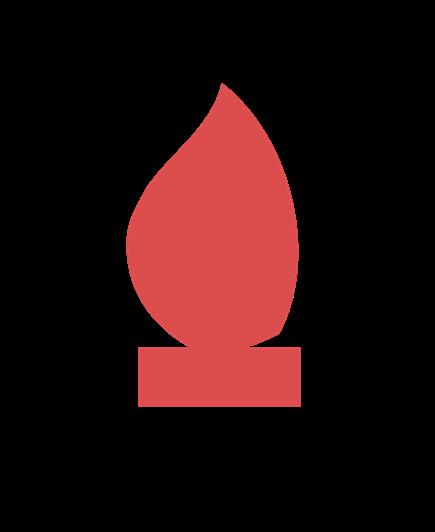
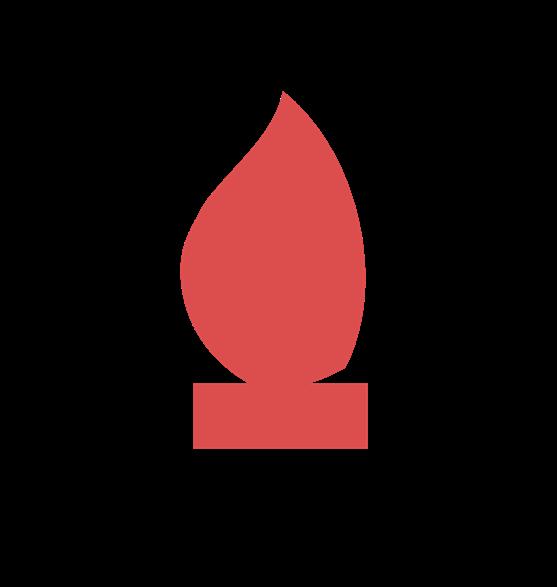
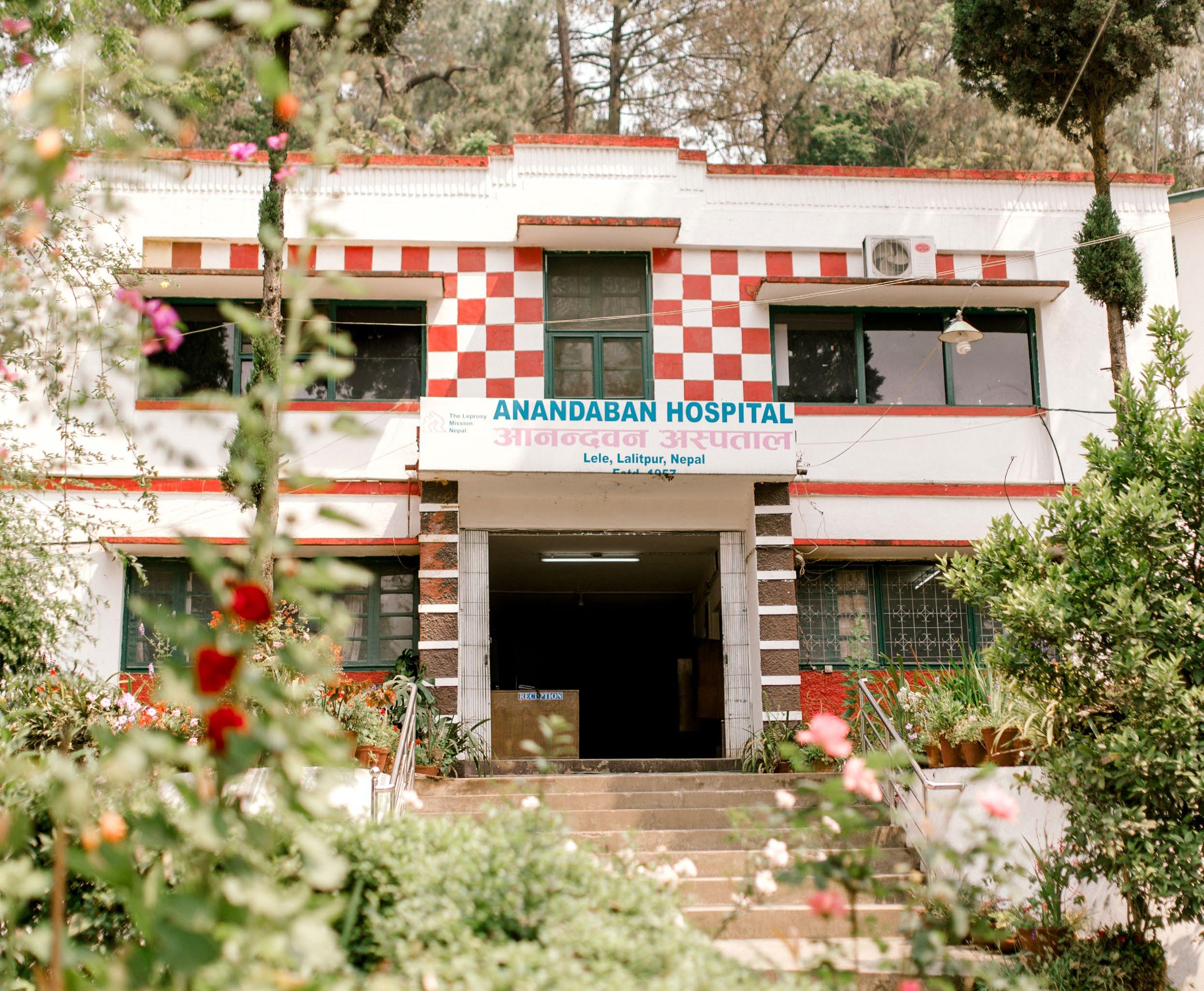
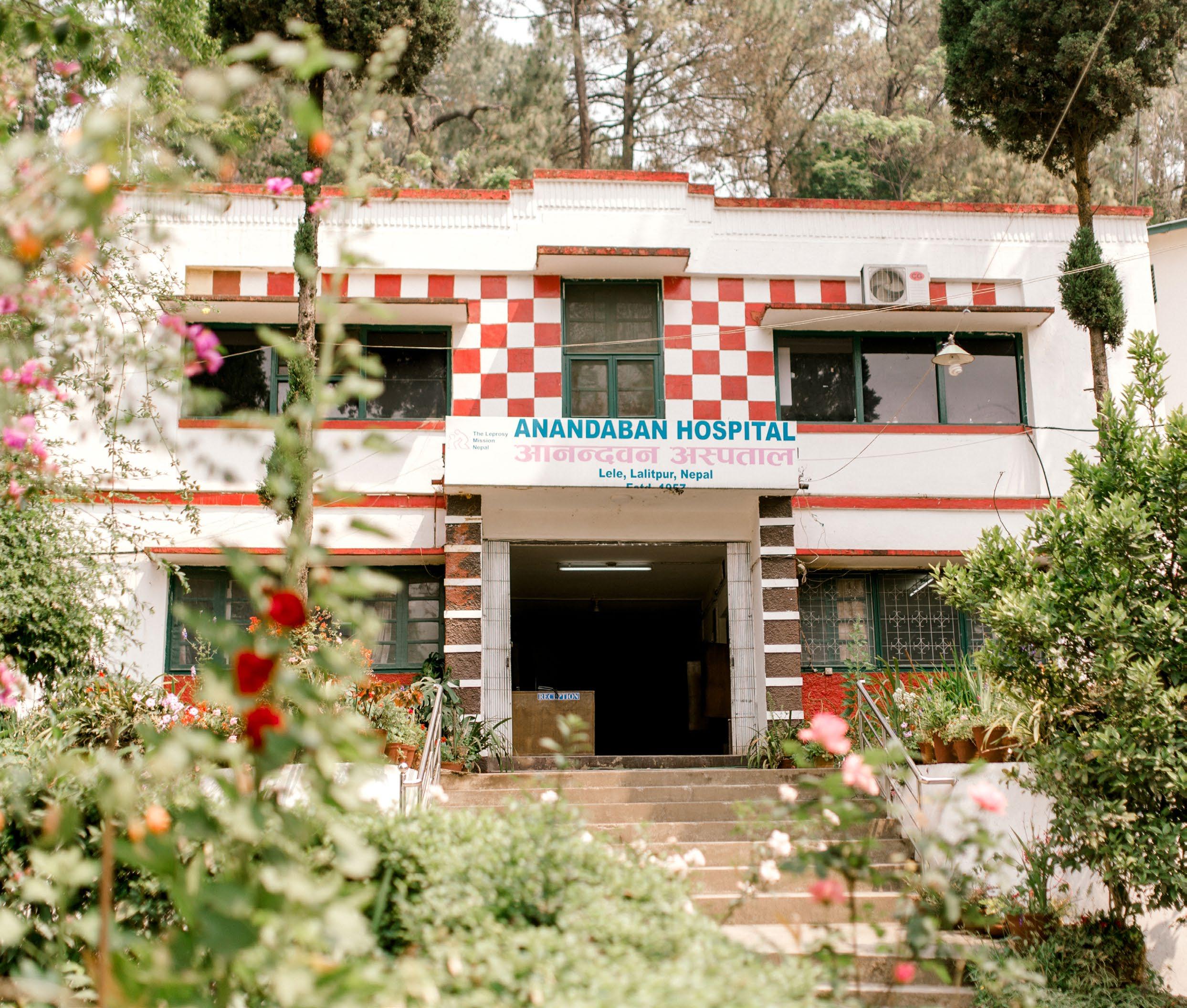
In the projects you support, people affected by leprosy are restored back to their communities and empowered to challenge injustice and self-advocate for their rights and entitlements.
New Zealand supports livelihoods development in a diverse range of projects. This involves livelihoods training and opportunities for income generating activities, that people affected by leprosy need in order to lift themselves out of poverty and build a better future for themselves and their families.
Together with your support we will see leprosy-affected people enjoy full participation in public, social, economic and cultural life.
As part of the Children Unite for Action programme, the Leprosy Mission assits meeting the educational needs of children and youth in communities affected by leprosy. Over the course of five years, the project will work with 1,200 young boys and girls affected by leprosy & other disabilities and ensure these children have the necessary skills and knowledge to access quality education and attain desired careers.
165 children from leprosy affected families and communities received educational support through the grassroot organisation ENAPAL.
3,250
people in self-help groups in New Zealand supported projects.


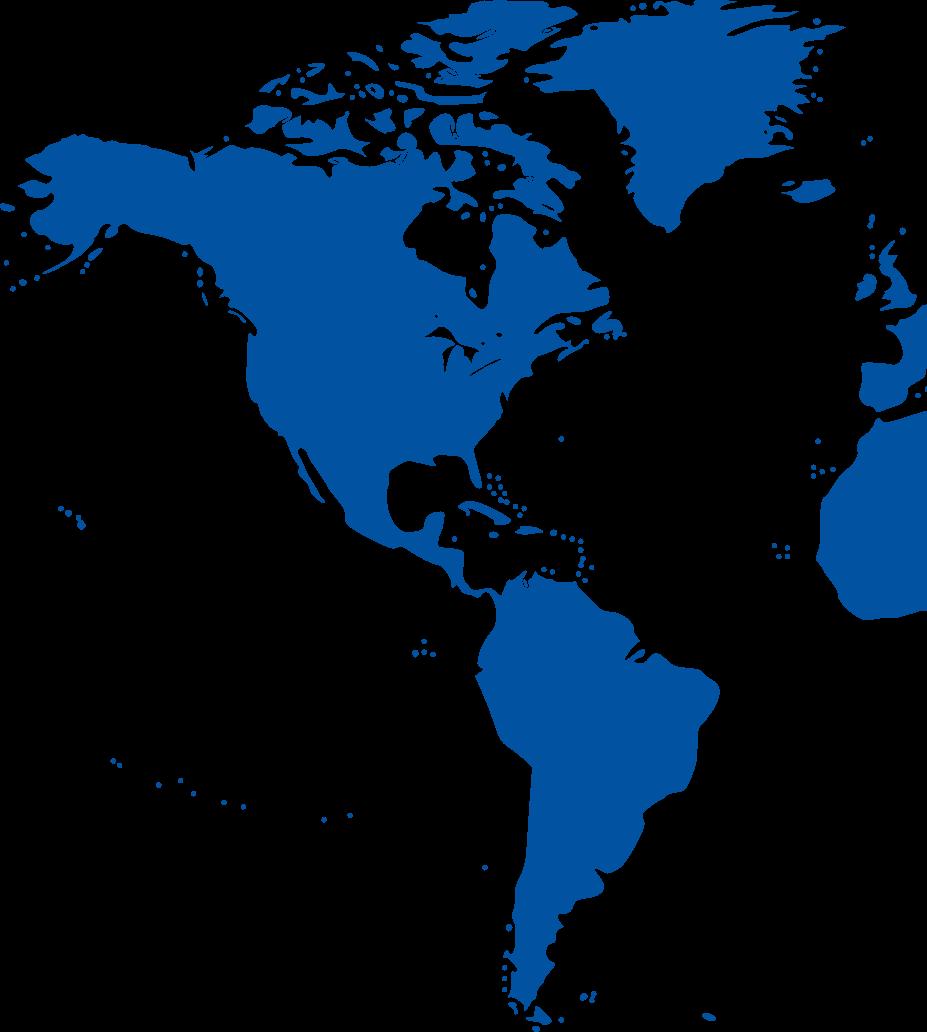
1,984
people were trained in advocacy , leadership and rights in New Zealand supported projects.
The Preventative Health and Community Empowerment (PHACE) programme worked in partnership with targeted communities to establish collaborative relationships and identify Community Leaders and Village Health Volunteers in 64 communities in Papua New Guinea and Timor Leste. The comprehensive training programme for volunteers ensures that health knowledge is embedded at the community level. Learning, sharing and ownership of knowledge empowers community decision-making leading to transformative actions.
The training and intervention activities at the community level has resulted in a greater number of women taking leadership roles. There is an increasing number of suspected cases of leprosy being found through active case finding. The referral pathways established to ensure that people affected by leprosy, vulnerable and marginalised people feel safe and included in their communities.
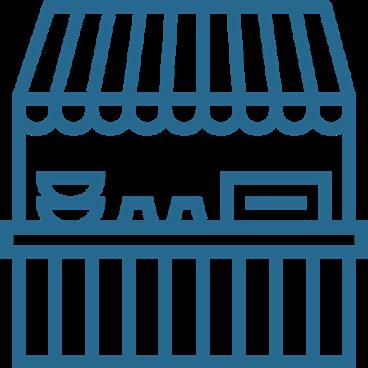
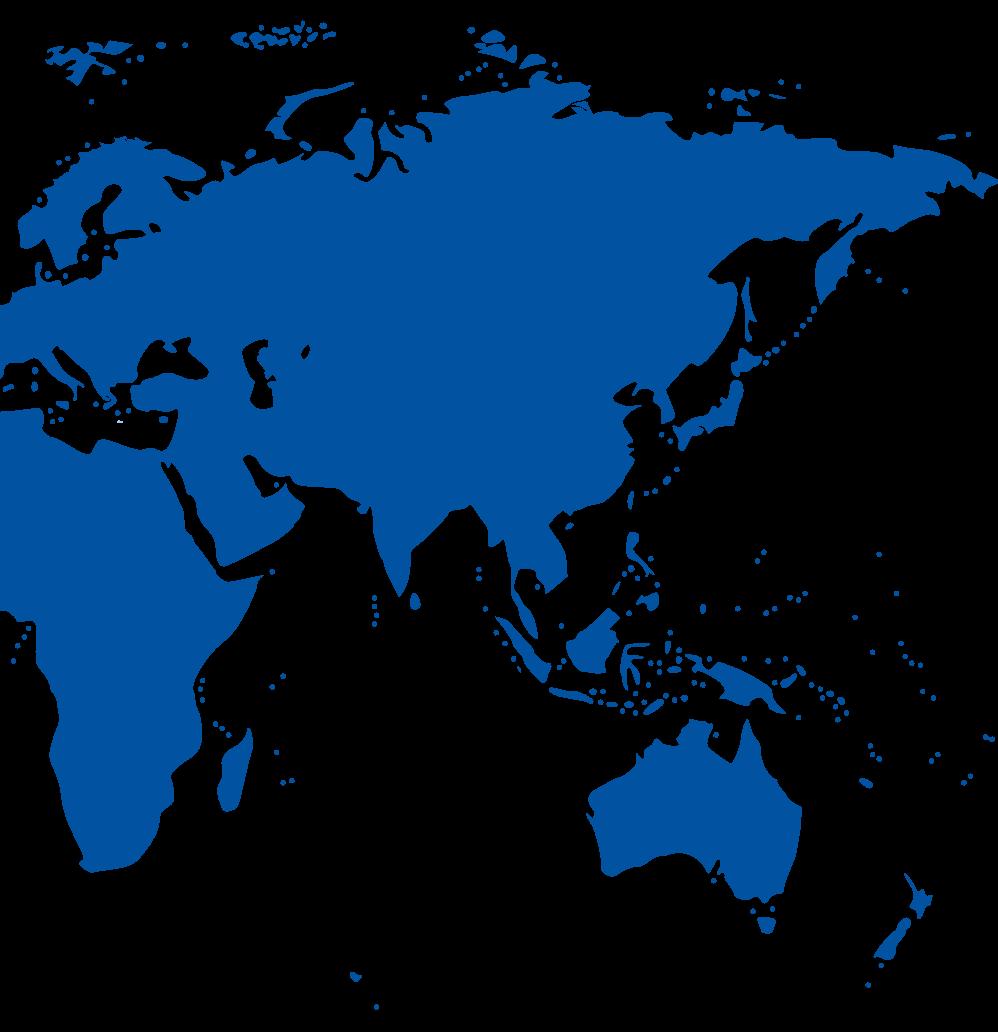
585
people were trained in income generating activities in New Zealand supported projects.



1,043
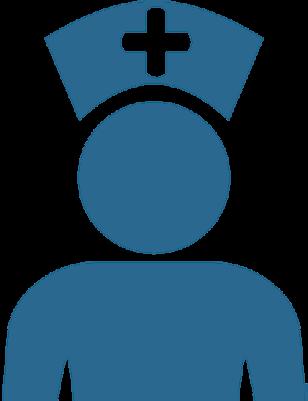
Village Health Volunteers were trained in Health Development in New Zealand supported projects.

Chittagong People Led Development Programme (CPDP) addresses four diversified needs and aspirations of the people affected with leprosy, disability and other vulnerabilities.

Through Self-Help Groups, people affected by leprosy, disabilities and living in poverty are encouraged to join the group. Group members who are interested in Income Generation Activities receive training through the project and get support to pursue a livelihood activity. The project supports the members with loans for their livelihood activities through a micro-credit system. Apart from the small savings of the members the project provides seed fund for the loans, which they repay and revolves a capital fund for the micro finance.
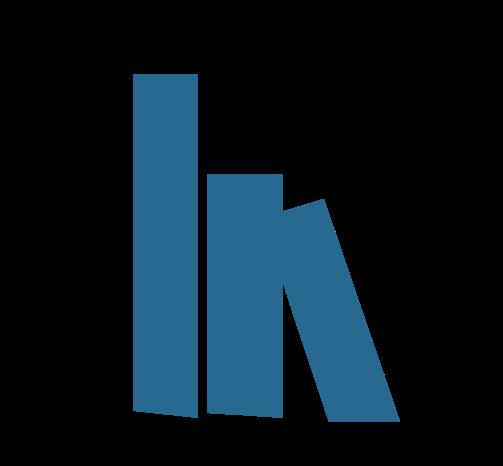
Rose is a remarkable young girl from Papua New Guinea whose story we first shared with you back in 2021. Her journey has been filled with challenges, but through God’s grace and the PHACE project you support through the NZ Aid Programme, she has found hope and healing.
In the past, Rose faced the deep wounds of leprosy. She poured her heart into a poem that captured the hurt and heartbreak of her experiences.
Because of her condition, she endured unimaginable abuse, rejection, and bullying. The physical pain and scars were difficult, but the teasing at school pierced her heart even more.
Education was her passion, a pathway to a brighter future, yet leprosy forced her to leave school and dim her dreams.
Fast forward to 2024, and we have heartwarming news to share!
Recently, one of our village health volunteers visited Rose and discovered that she is doing exceptionally well. Rose is flourishing at school and is filled with joy.
Thanks to kind supporters like you, she received new stationery, shoes, socks, and a school bag. Rose is excited to start Grade 8, embracing this new chapter in her life!
Rose’s mother shared that Rose is growing healthily — her skirt is getting
tight! This is a beautiful reminder of God’s provision and the blessings that are unfolding in their lives.
Rose comes from a family with a history of leprosy. For generations, leprosy has cast a shadow over their family, but instead of despair, they have chosen to turn their suffering into a ministry of love and support for others.
Rose’s uncle and cousin have taken on the role of village health volunteers, embodying the spirit of compassion.
Rose takes great pride in her cousin’s work: “She is helping people like me. She takes them to the hospital. She always encourages, comforts, and supports people with leprosy. She collects their MDT and makes sure they take their medication.”
Despite the teasing and the trials she has faced, Rose radiates grace and hope.
She is determined to spread the message that leprosy is not a curse but a treatable illness. “I want to tell people that leprosy is not sorcery. There is treatment!” she passionately shares.
Rose is still on her journey to recovery, as she needs to continue taking steroids to manage her leprosy reaction. This reaction occurred because she had a very high bacterial load in her young body. While she has made significant progress, ongoing treatment is essential to keep the disease at bay.
Your kindness and compassion have brought hope and healing into her life, shining a light in the darkness she once knew.

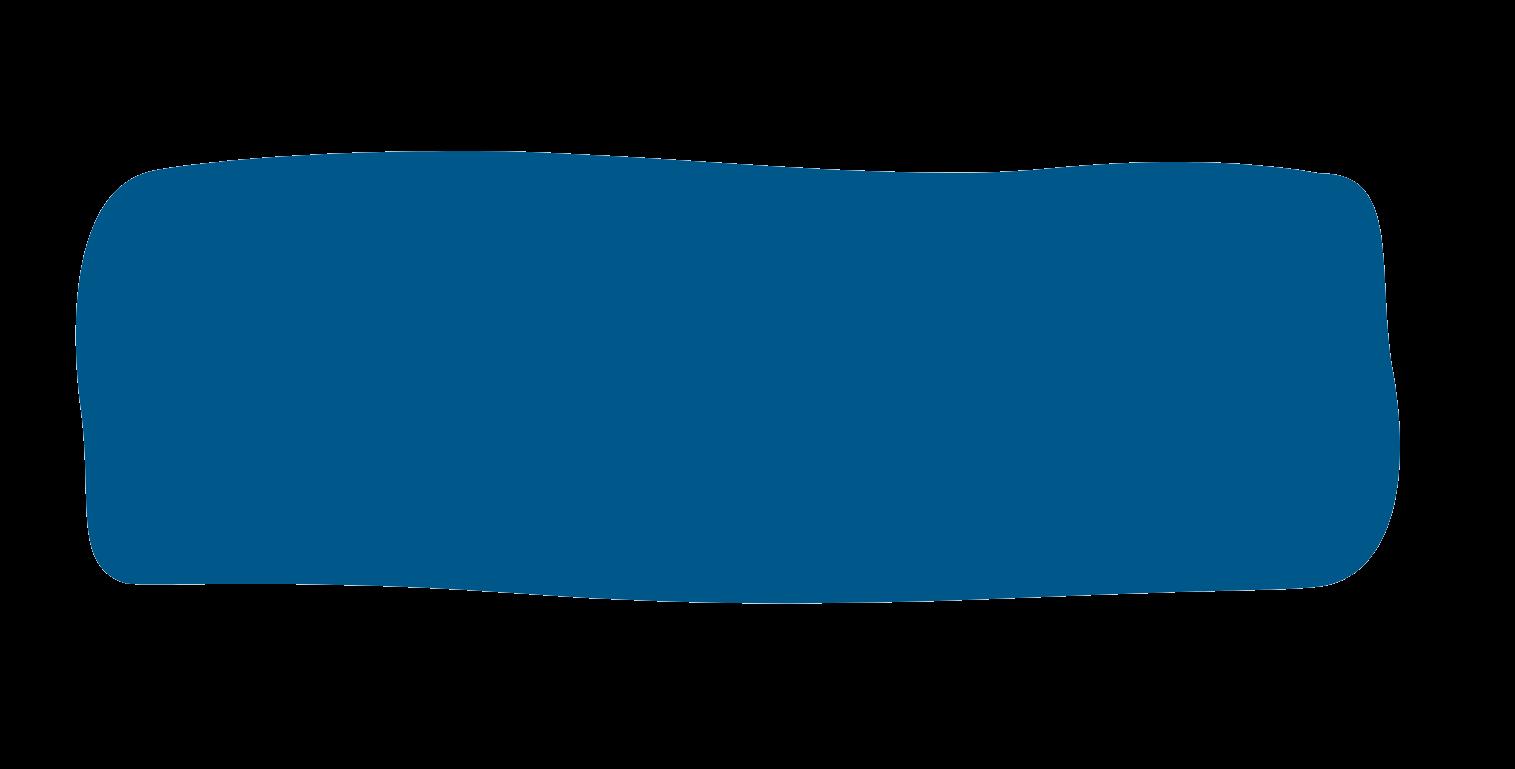

Together, we can continue to bring hope to those affected by leprosy, transforming lives and spreading God’s love. Thank you for being a beacon of light for Rose and many others like her!
In the heart of Papua New Guinea’s Central Province, communities in Iomare are standing stronger against the impacts of climate change thanks to your support.
Through the Climate Change Resilience Programme (CCRP), delivered by The Leprosy Mission New Zealand, vital infrastructure and hope have flowed into some of the region’s most vulnerable schools and health facilities.
St. Margaret’s Catholic Primary and Elementary School in Iomare, was facing a harsh reality. Long dry seasons, which lasted up to seven months, had left students and the surrounding community without reliable access to clean water. But that changed when CCRP stepped in.
A borehole was drilled, and a pumppowered water distribution system was installed, providing sustainable access to groundwater. Two large 9,000-litre tanks now feed three dedicated taps— one each for younger and older students, and another for teachers and the wider community.
For students like Belinda, a 17-year-old who completed treatment for leprosy, this has been life-changing. “Now, I don’t have to worry about missing classes to collect water,” she says. Her father, Peter, expressed his deep gratitude: “All I wanted was for Belinda to finish school.”
Headmaster, Mark Mare, has seen firsthand how the new water system is transforming lives.


“Students used to spend hours walking to rivers for water,” he said. “Now, they attend full days of school, bring water to class, and can wash their hands. Hygiene has improved, and school attendance is up—especially for students affected by disability and leprosy.”
The system is also improving sanitation and reducing the spread of waterborne diseases. And beyond the school gates, the local community is benefiting too. Families no longer risk illness from untreated river water or spend hours collecting and boiling it. Plans are already underway to expand storage capacity for future needs.
CCRP is operating in 15 communities in PNG, strengthening the work of PHACE (Preventative Health and Community Empowerment) programme.
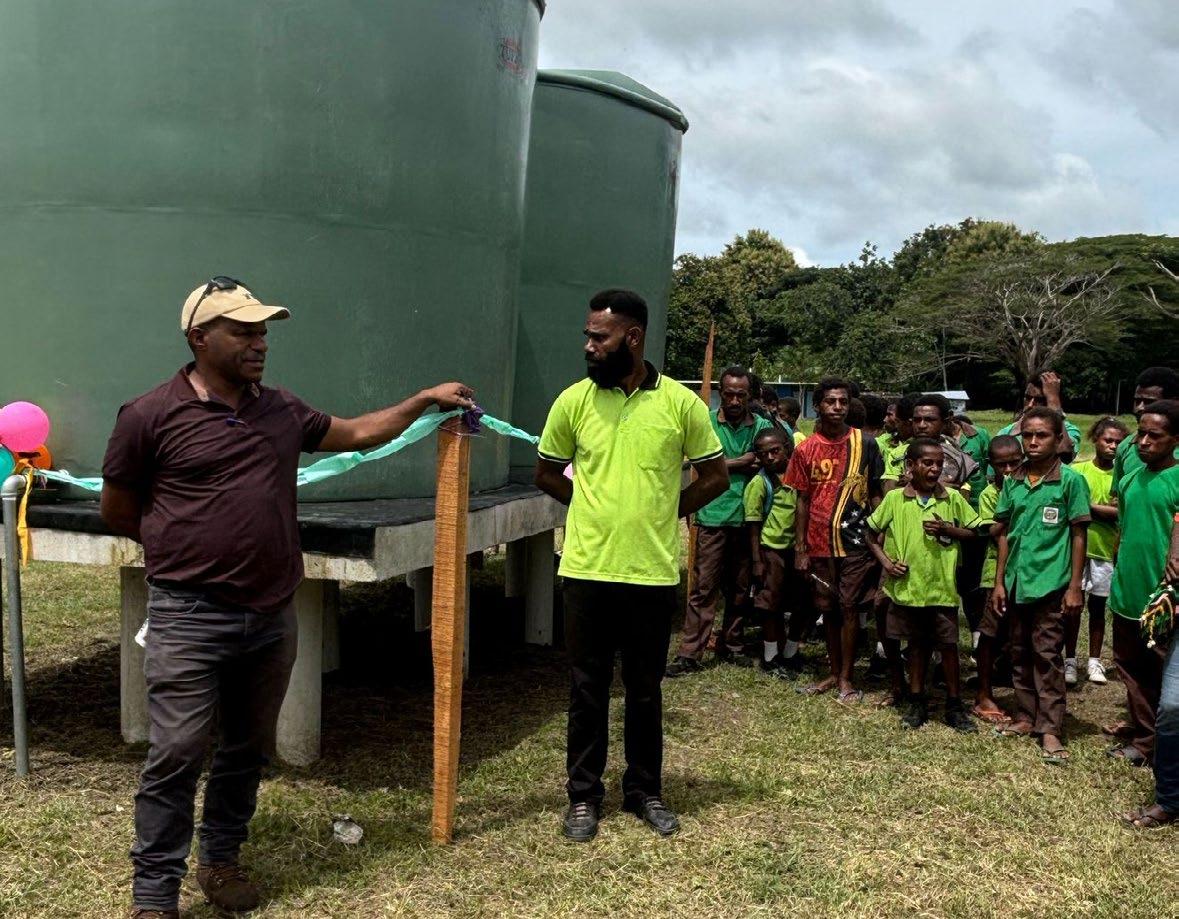
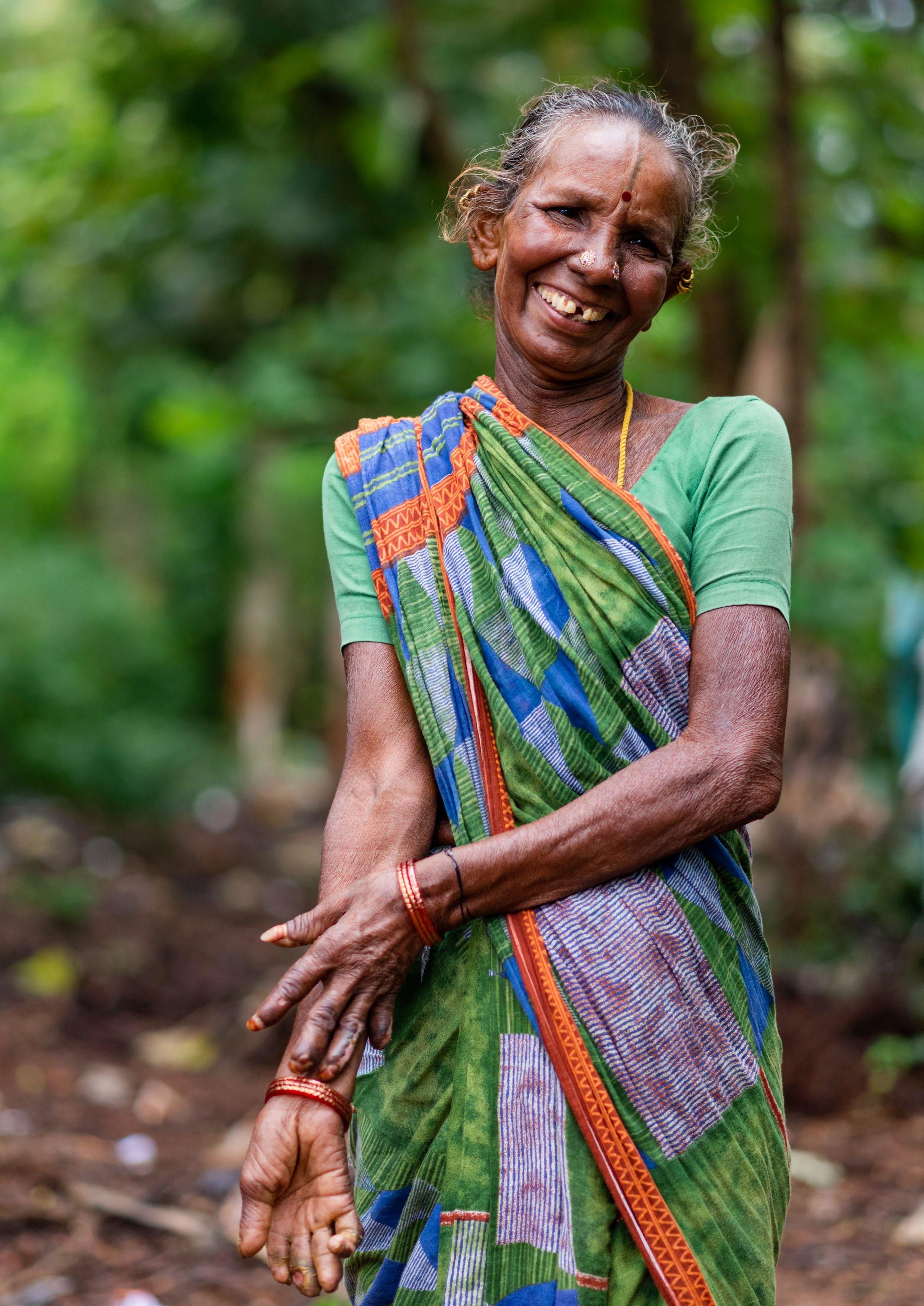
The Board is responsible for preparing financial statements that give a true and fair view of the financial position of The Leprosy Mission New Zealand at the end of a financial year and the operating results for that year. The external auditor is responsible for expressing an opinion on the financial report, based on a review and assessment of the conclusions drawn from evidence obtained during the audit.
The general-purpose financial statements set out in this report have been prepared by management in accordance with generally accepted accounting practice under the Financial Reporting Act 2013. The Leprosy Mission New Zealand took early adoption of the NZ International Public Sector Accounting Standards [NZ IPSAS] tier 2 in 2021. They are based on appropriate accounting policies which have been consistently applied and supported by reasonable judgements and estimates.
The Board retains full and effective control over the society, monitors executive management and ensures that decisions on material matters are in the hands of the Board.
The audit committee is composed of members of the Resources committee. The external auditor has access to this committee and meets with the committee following completion of the audit for the 12 months ended 31 December 2024. Matters considered included a review of the financial statements and accounting policies, the effectiveness of management information and other systems of internal control and the auditor’s findings. The auditor is appointed each year based on recommendations of the audit committee.
To fulfil its responsibilities, management maintains adequate accounting records and a system of internal controls which is monitored periodically. No breakdowns were identified in the systems of internal control for the 12 months ended 31 December 2024. After reviewing internal financial reports and budgets, the Board believe that The Leprosy Mission New Zealand Incorporated will continue to be a going concern in the foreseeable future. For this reason, they continue to adopt the going concern basis in preparing the financial statements.
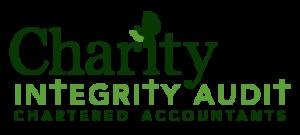
Leprosy Mission New Zealand
For the year ended 31 December 2024
The Leprosy Mission New Zealand’s vision is leprosy defeated, lives transformed our work focuses on the strategic goals of Zero Transmission, Zero Disability and Zero Discrimination.
Bougainville Healthy Communities Programme, Bougainville
Village and ward support visits (under design)
Participants in Health Management training
800
921 (430 male and 491 female) 1,409 (842 male and 567 female)
Chittagong People-led Development Programme, Bangladesh 2023
Members in Self-Help Groups (SHG) 3,451
Participants received income generating support
Loans issued to SHG members
269 (122 male and 147 female)
1,692 (373 male and 1,319 female)
Preventative Health and Community Empowerment (PHACE) Programme,
(former Strongim Helt Long Kommuniti (SHLK) Programme), Papua New Guinea
New confirmed leprosy cases 33 (22 male and 11 female) 117 (50 male and 67 female) May 2023 - April 2024 May 2022 -April 2023
Community leaders have attended training on Leadership, Governance (for health) and cross-cutting issues
Community Health Volunteers have recevied training on preventative community health and cross-cutting issues
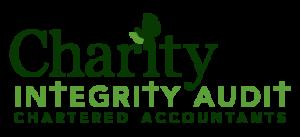
150 (75 male and 75 female) 46 (36 male and 10 female)
122 (64 male and 58 female)
91 (44 male and 47 female)
Preventative Health and Community Empowerment Programme, Timor Leste
2024-2025
Preventative health, gender-based violence (GBV) training delivered
No. of active Community Health Volunteers based in the communities
No. of community leaders trained on Health and Rights based issues
Referrals associated with disability, gender-based violence (GBV) and illness
8,656 participants (3,833 male and 4,823 female)
61 (31 male and 30 female)
216 (142 male and 74 female)
28 (19 male and 9 female)
PEPCOM - Indonesia (Indramayu District)
2024
New cases identified in the Target Communities
124 new cases of 355 referrals from 35 PHCs
Intensive Case Finding (ICF) orientation provided to 59 cadres from 57 endemic villages
Single-Dose Rifampicin (SDR-PEP)
Administered through the PHCs in the target communities.
3,232 contacts
* Some output measurements do not have comparative figures because new programmes were developed in 2024 with a different focus area, making the data not directly comparable to previous years.

THE YEAR ENDED 31 DECEMBER 2024
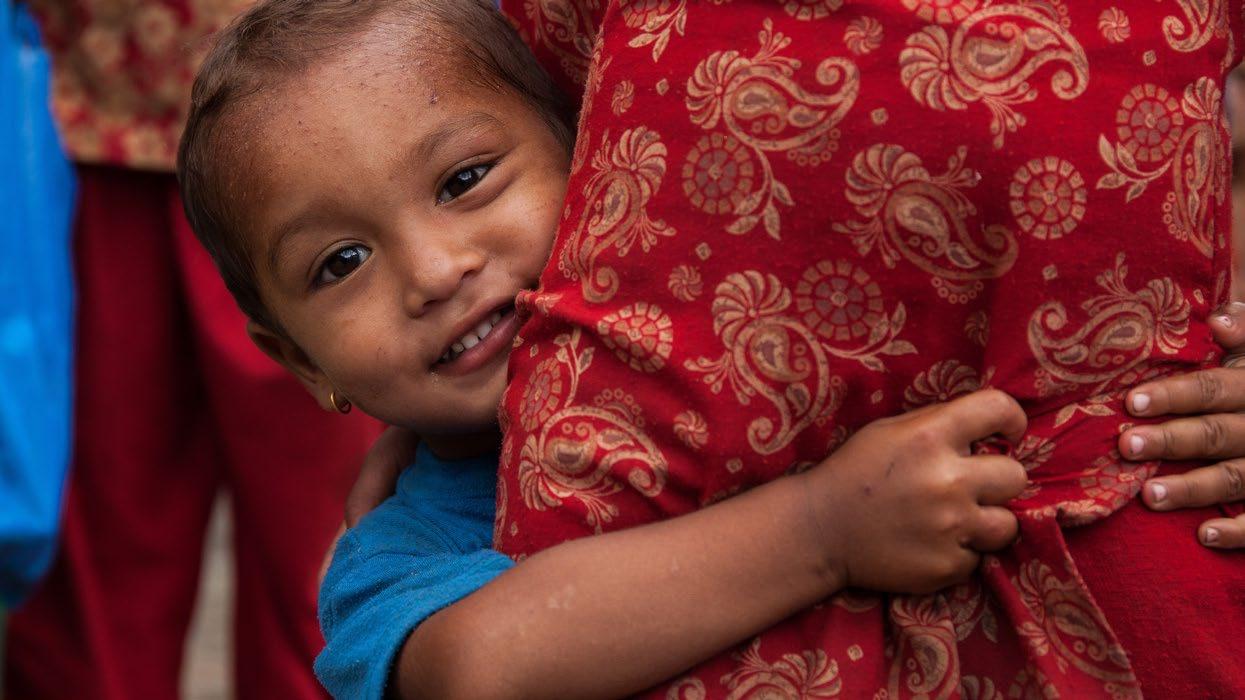
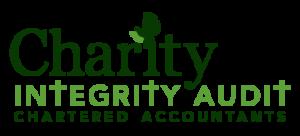
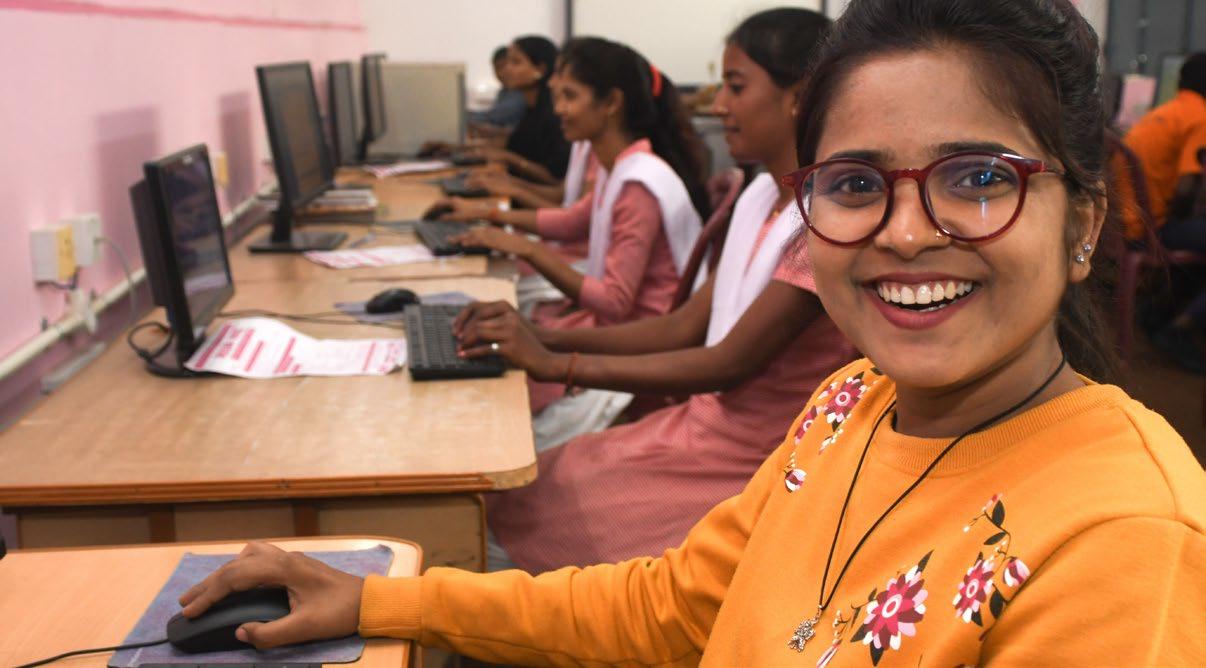
The Leprosy Mission New Zealand Incorporated

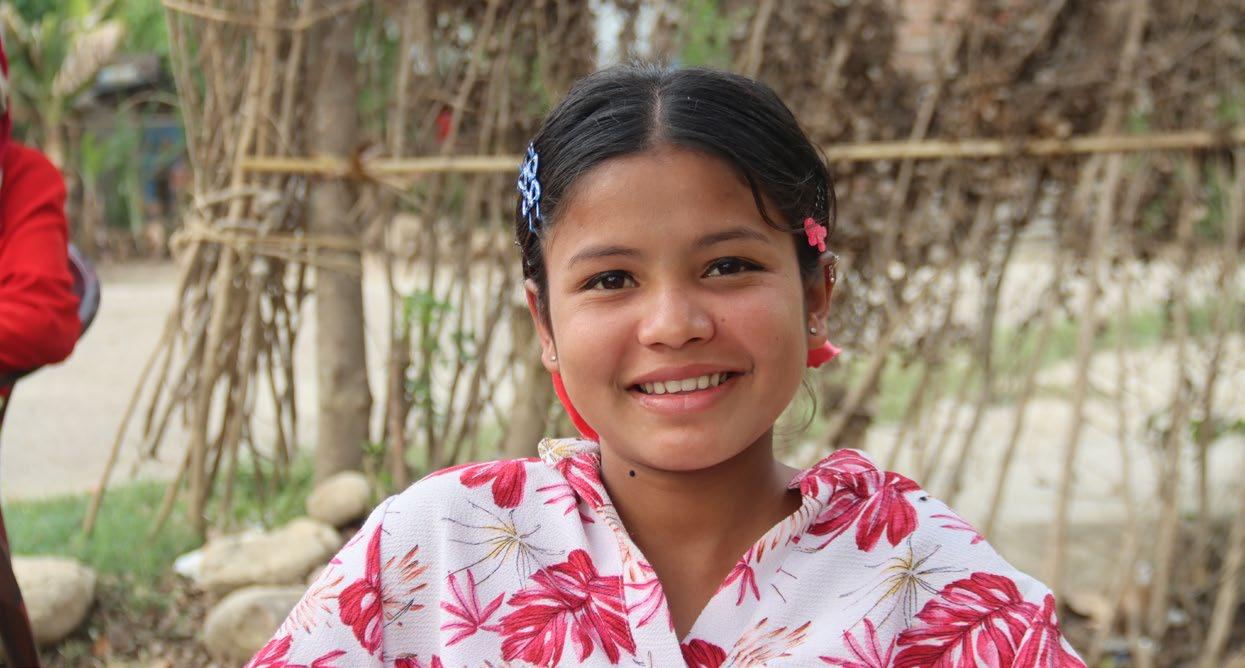



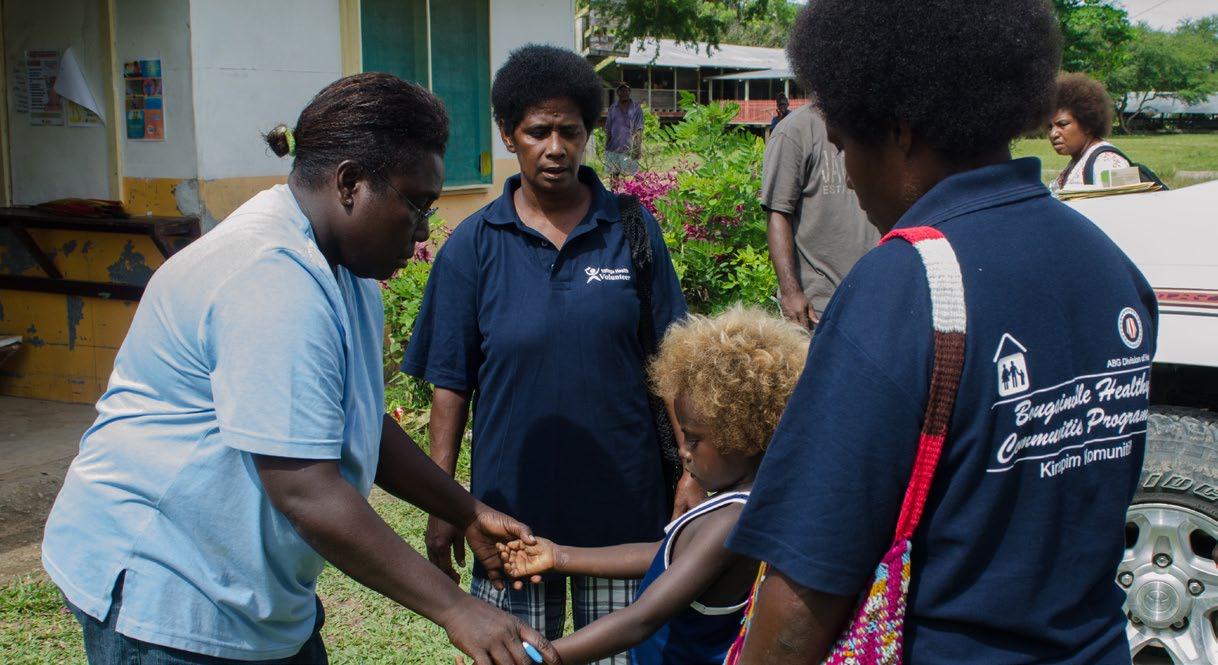

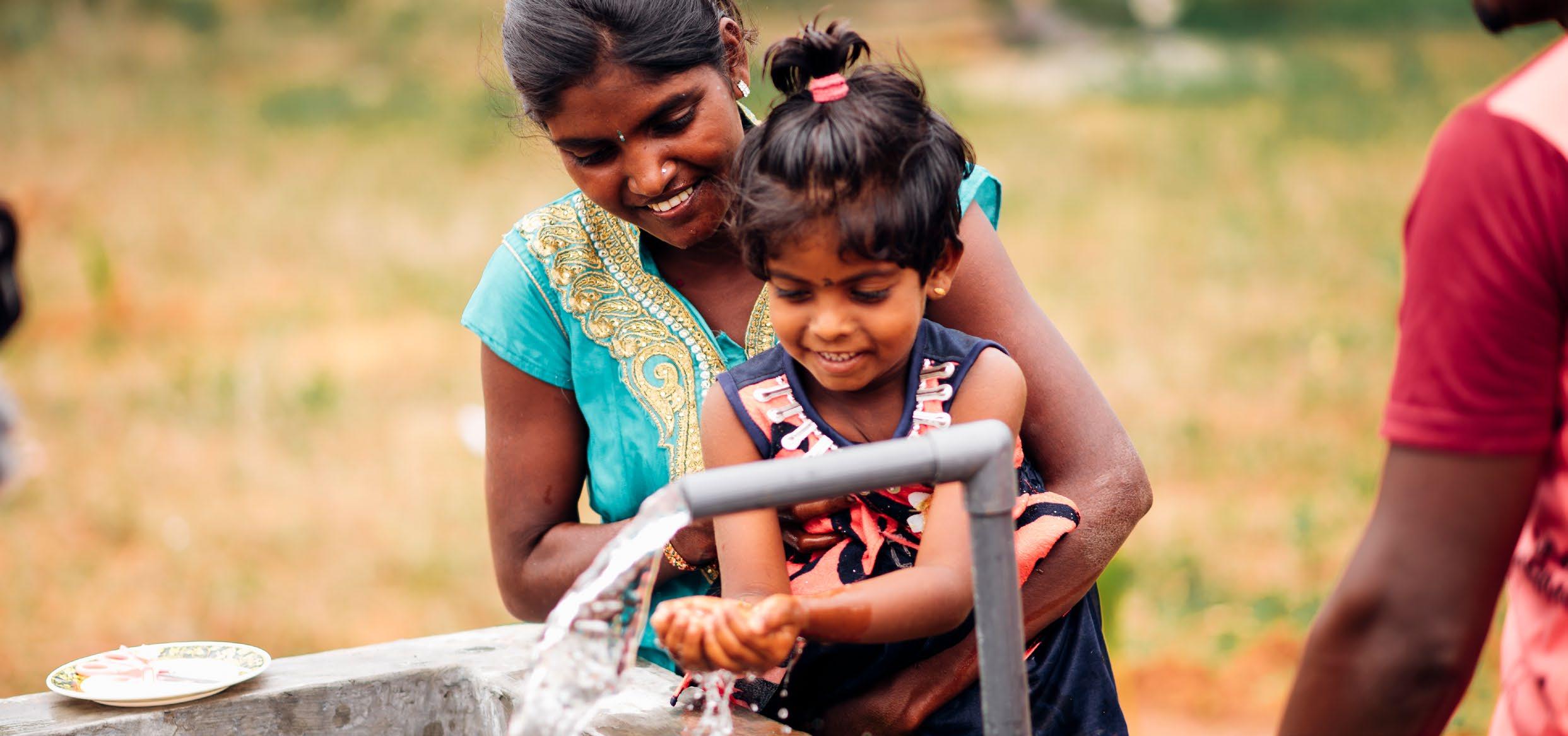
For the year ended 31 December 2024
The Leprosy Mission New Zealand Incorporated is a charitable organisation, based in Auckland, incorporated under the Charitable Trusts Act 1957 and registered under the Charities Act 2005 as Charities Registration No. CC37638. It provides essential services and support to people experiencing the causes and consequences of leprosy.
Physical address: The Leprosy Mission New Zealand Incorporated 591 Dominion Road, Mount Eden, Auckland 1041.
The current financial statements of the Leprosy Mission New Zealand are for the year ended 31 December 2024. These statements will be authorised for issue after the Board meeting on 14th June 2025.
Statement of Compliance
The general-purpose financial statements have been prepared in accordance with the requirements of the rules of the Society as stated in Section 12 and these comply with the Public Benefit Entity Accounting Standards Framework (Not-For-profit Entities).

The financial statements of the Leprosy Mission New Zealand have been prepared in accordance with Generally Accepted Accounting Practices. [NZ GAAP] They comply with the Public Benefit Entity NZ International Public Sector Accounting Standards [NZ IPSAS], with application of Reduced Disclosure Requirements (RDR), as authorised by the External Reporting Board under the Financial Reporting Act 2013.
Under this framework, the Leprosy Mission New Zealand is classified as a Tier 2 reporting entity. Leprosy Mission New Zealand is a public benefit entity that raises funds together with the NZ Government grants for leprosy related work done overseas.
The stated accounting framework and accounting policies set out below have been applied consistently to all periods presented in these financial statements.
The financial statements are presented in New Zealand Dollars (NZD) rounded to the nearest dollar.
The financial statements are prepared on the historical cost basis.
1.
Assets comprise furniture and fixtures, office equipment and vehicles in addition to an interest in the Missions Centre Partnership of which the Leprosy Mission New Zealand owns a 50% share at 591 Dominion Road. Except for interest in the Missions Centre Partnership, all assets have been recorded at cost less accumulated depreciation. The Leprosy Mission NZ has applied the Equity Method for the valuation of it’s 50% partnership share in the property at 591 Dominion Road according to PUBLIC BENEFIT ENTITY INTERNATIONAL PUBLIC SECTOR ACCOUNTING STANDARD 36 INVESTMENTS IN ASSOCIATES AND JOINT VENTURES (PBE IPSAS 36).
Depreciation is calculated to write off the cost of furniture and fixtures, office equipment and vehicles, on a straight-line basis over the expected useful economic lives of the assets concerned.
The estimated useful lives of assets are as follows:
• Computers and software - 3 years
• Furniture and Fixtures 5 years
• Motor vehicles 5 years
The assets’ residual values and useful lives are reviewed, and adjusted if appropriate, at each reporting date.

(i) Leprosy Mission New Zealand endeavours to make available all possible funds for immediate leprosy work. Specific funds are invested so as to only utilise the interest when received.
(ii) Investments are shown in the Statement of Financial Position at the lower of cost or market value.
(iii) The Leprosy Mission New Zealand’s investments comprise cash together with 300 shares in Pacific Gas & Electric Company which were bequeathed to The Leprosy Mission New Zealand by a supporter. The fair value of quoted securities is determined based on bid prices at the balance sheet date. The book value of this investment remains unchanged from 2003. PG&E filed for Chapter 11 on 29 January 2019 and as of 31 December 2023 the last sale listed on the Nasdaq Exchange was USD 18.04 per share. There were no PG&E dividends received in 2024.
(iv) The Leprosy Mission New Zealand has a third share of a 5-share interest in freehold land in the Maori Freehold Land known as Anakiwi No. 10 Block.
Receivables are recognised at the original invoice amount less impairment losses. This balance is made up of a current account balance with the Leprosy Mission International, prepayments and GST.
Trade and other payables represent liabilities for goods and services provided to the Leprosy Mission New Zealand and which have not been paid at the end of the financial year. Given their short-term nature, the carrying values of trade and other payables are considered a reasonable approximation of their fair values.
(f)
An accrual for Holiday Pay reflects the balances owing to staff at balance date and is measured at the amounts expected to be paid when the liabilities are settled. Sick leave requests greater than any annual entitlement are considered insignificant and have not been accrued into employee end of year entitlements.
(i) Grants and Donations
Grant and donation income is recognised as income when it becomes receivable unless the Leprosy Mission New Zealand has a liability to repay the grant if the requirement of the grant or donation is not fulfilled. A liability is recognised to the extent that such conditions are unfulfilled at the end of the reporting period.
(ii) Bequests
Bequests are recognised in the statement of Comprehensive Revenue when received.

(iii) Government Grants
Contracts with the Ministry of Foreign Affairs and Trade [MFAT] are based on 2-to-5 -year terms with a schedule of annual payment dates. The contracts have
performance reporting dates along with a financial accountability reporting inclusive of any unspent balance. Formal negotiations take place with the MFAT on any unspent project funds as to repayment, or an application to apply the unspent funds to an extension of the project(s). On this basis, the revenue recognition policy is to treat government contracts as a current liability until the funds are expended on the authorised project, and the administration of the project.
(i) Finance Income (interest and other Income)
Interest is recognised in the statement of comprehensive revenue and expenses as it accrues, using the effective interest method. Dividend income is recognised in the statement of comprehensive revenue and expenses when the right to receive payments is established.
(ii) Sale of books
Revenue from the traded goods and services are recognised when the agreed goods & services have been delivered, and the amount of revenue can be reliably measured. At this stage, the benefits of the service and products has been delivered to the respective client.
Currency gains or losses are recognised as “Other Income” at the end of the financial period.
Grants made for emergency purposes are recognised as expenses when approved and the recipient has met all necessary conditions to be entitled to the payment.
The Leprosy Mission New Zealand is wholly exempt from New Zealand income tax and gift duty having fully complied with all statutory conditions for these exemptions.
The statement of comprehensive revenue and expenses has been prepared so that all components are stated exclusive of GST. All items in the statement of financial position are stated net of GST, except for receivables and payables, which are stated inclusive of GST.

This income is made up of the following.
Cash comprises deposits with The Bank of New Zealand.
NZAID grants for 2024 received from MFAT (Ministry of Foreign Affairs and Trade) along with currency gains held over for final remittance totalled $2,641,509 and will be remitted after balance date. The increased amount is due to MFAT funded projects no longer being based on a calendar year.
There have been no material changes in accounting policies by the entity during the period covered by these financial statements. All policies have been applied on a basis consistent with those used in previous year.
There were no related party transactions in 2024.
Leprosy Mission New Zealand conducts an internal audit every year for the Bougainville Healthy Communities Programme (BHCP) project. The internal audit comprises a deskaudit followed by a site visit to PNG to complete a full internal audit which is required for reporting to MFAT. Graham Mills CA, a member of The Leprosy Mission NZ Board

conducts this audit and is paid a fee which is determined and agreed in the BHCP project budget with MFAT. All travel, accommodation and incidentals for the site visit are covered under the agreed budget.
No significant events have occurred since balance date that would require a change to these Financial Statements.
• A reinstatement valuation of the building was prepared by Seagars (Auckland) Ltd in September 2023, and the reinstatement estimate was $ 3,150,000. We have moved our insurance brokers from Rothbury to Gallagher Insurance Brokers (formerly Crombie Lockwood).

• A valuation from the Auckland City Council web site had the following values.
These advances are repayable in the event of The Leprosy Mission New Zealand withdrawing from the partnership.
The total remuneration to key management personnel comprising of 6 individuals was –
The total personnel cost was –
Financial assets and financial liabilities are recognised when the Entity becomes a party to the contractual provisions of the financial instrument.
The Entity derecognises a financial asset or, where applicable, a part of a financial asset or part of a group of similar financial assets when the rights to receive cash flows from the asset have expired or are waived, or the Entity has transferred its rights to receive cash flows from the asset or has assumed an obligation to pay the received cash flows in full without material delay to a third party; and either:
• the Entity has transferred substantially all the risks and rewards of the asset; or
• the Entity has neither transferred nor retained substantially all the risks and rewards of the asset but has transferred control of the asset.
The preparation of the financial statements in conformity with PBE Accounting Standards Tier 2 requires management to make judgements, estimates and assumptions that affect the application of accounting policies and the reported amounts of assets, liabilities, income and expenditure. There are no significant estimates used in the preparation of the financial statements.



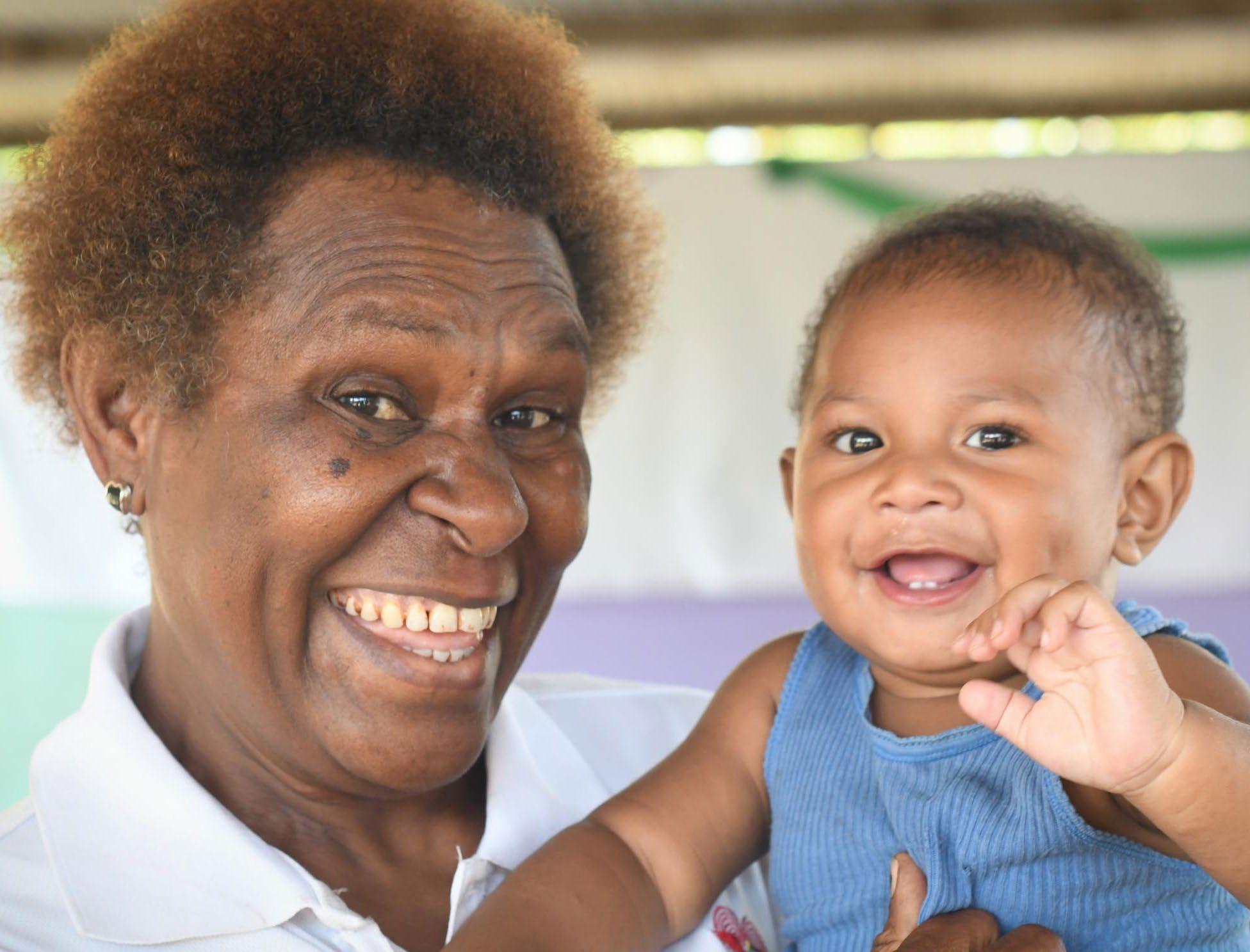
To the Board of The Leprosy Mission New Zealand (NZ) for the year ended 31st December 2024
We have audited the financial statements of The Leprosy Mission NZ, which comprises the statement of comprehensive income, the statement of changes in equity, the statement of financial position as at 31 December 2024, the statement of cash flows for the year then ended, and notes 1 to 18 to the financial statements, which include a summary of significant accounting policies.
In our opinion:
• the reported outcomes and outputs, and quantification of the outputs to the extent practicable, in the statement of service performance are suitable,
• the financial statements present fairly, in all material respects, the financial position of The Leprosy Mission NZ as at 31 December 2024 and its financial performance and its cash flows for the year then ended, in accordance with Public Benefit Entity Standards Reduced Disclosure Regime.
We conducted our audit in accordance with International Standards on Auditing (New Zealand)(ISAs (NZ)) and statement of service performance in accordance with the International Standard on Assurance Engagements (NZ) ISAE (NZ) 3000 (Revised).
Our responsibilities under those standards are further described below in the Auditor’s Responsibilities for the Audit of the Financial Statements section of our report. We are independent of The Leprosy Mission in accordance with Professional and Ethical Standard 1 (Revised) Code of Ethics for Assurance Practitioners issued by The New Zealand Auditing and Assurance Standards Board, and we have fulfilled our other ethical responsibilities in accordance with these requirements.
We believe that the audit evidence we have obtained is sufficient and appropriate to provide a basis for our opinion.
Other than in our capacity as auditor we have no other relationship with, or interests in, The Leprosy Mission NZ.
This report is made solely to the Board, as a body, in accordance with section 42F of the Charities Act 2005, the Financial Reporting Act 2013, and their constitution. Our audit work has
been undertaken so that we might state to the Board those matters we are required to state to them in an auditor's report and for no other purpose. To the fullest extent permitted by law, we do not accept or assume responsibility to anyone other than the Board as a body, for our audit work, for this report, or for the opinions we have formed.
The Board is responsible for the preparation and fair presentation of the financial statements in accordance with Public Benefit Entity Standards NZ IPSAS with the Reduced Disclosure Regime, (as issued by the External Report Board (XRB) under the Financial Reporting Act 2013) and for such internal control as the Board determines is necessary to enable the preparation of financial statements that are free from material misstatement, whether due to fraud or error.
In preparing the financial statements, the Board is responsible for assessing the entity's ability to continue as a going concern, disclosing, as applicable, matters relating to going concern and using the going concern basis of accounting unless the Board either intends to liquidate the entity or to cease operations, or has no realistic alternative but to do so.
Our objectives are to obtain reasonable assurance about whether the financial statements as a whole are free from material misstatement, whether due to fraud or error, and to issue an auditor’s report that includes our opinion. Reasonable assurance is a high level of assurance, but is not a guarantee that an audit conducted in accordance with ISAs (NZ) will always detect a material misstatement when it exists. Misstatements can arise from fraud or error and are considered material if, individually or in the aggregate, they could reasonably be expected to influence the economic decisions of users taken on the basis of these financial statements.
A further description of the auditor’s responsibilities for the audit of the financial statements is located at the XRB’s website at https://xrb.govt.nz/Site/Auditing_Assurance_Standards/Current_Standards/Page8.aspx

Charity Integrity Audit Ltd
Emily Ren
CA CPP
10 June 2025

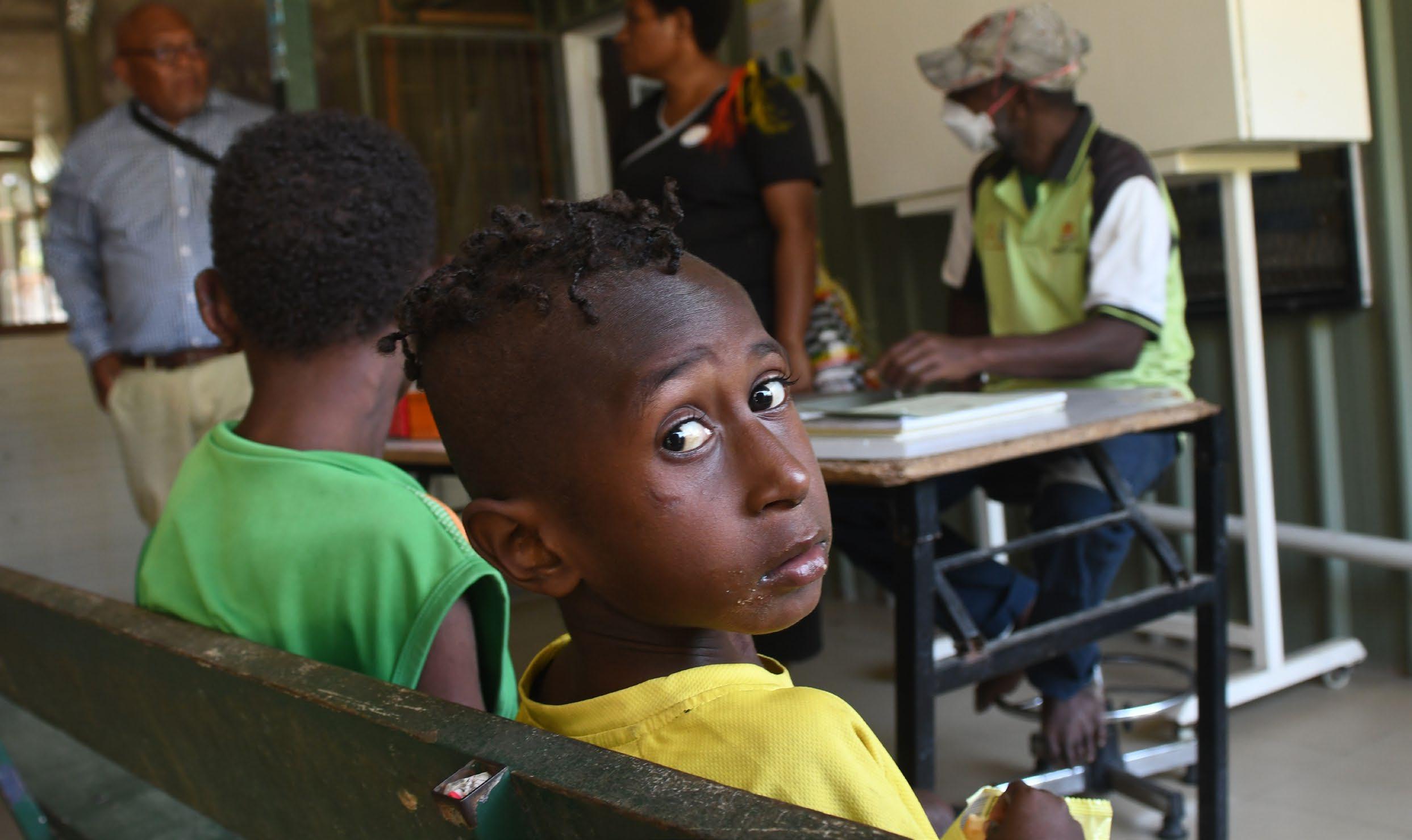
While the Leprosy Mission New Zealand holds itself to the highest standards in all activities it undertakes, there may be times when this standard cannot always be achieved or be perceived to be achieved. The Leprosy Mission New Zealand has policies and a Safeguarding Code of Conduct addressing child and vulnerable adult protection. In the event of a complaint being received by the Leprosy Mission New Zealand, we will endeavour to investigate, put things right and learn from the experience.
In the first instance, please contact us:
General concerns: supporterservices@leprosymission.org.nz
Safeguarding concerns: safeguarding@leprosymission.org.nz
Or call Freephone: 0800 862 873 (NZ Only) or +64 9 630 2818
If you have raised a complaint with The Leprosy Mission New Zealand and are not satisfied with the response to that complaint you may contact:
The Council for International Development (CID), the national umbrella agency for NZ organisations working in International Development. Website: cid.org.nz
You can also contact Charities Services, part of the Department of Internal Affairs. Website: charities.govt.nz
Fundraising Institute, a sector organisation of which The Leprosy Mission New Zealand is a member and which commits to ethical and best practice fundraising. Website: fia.org.au/s/
We would like to acknowledge and thank our partners who joined us in our goal of No Child with Leprosy by 2035.
